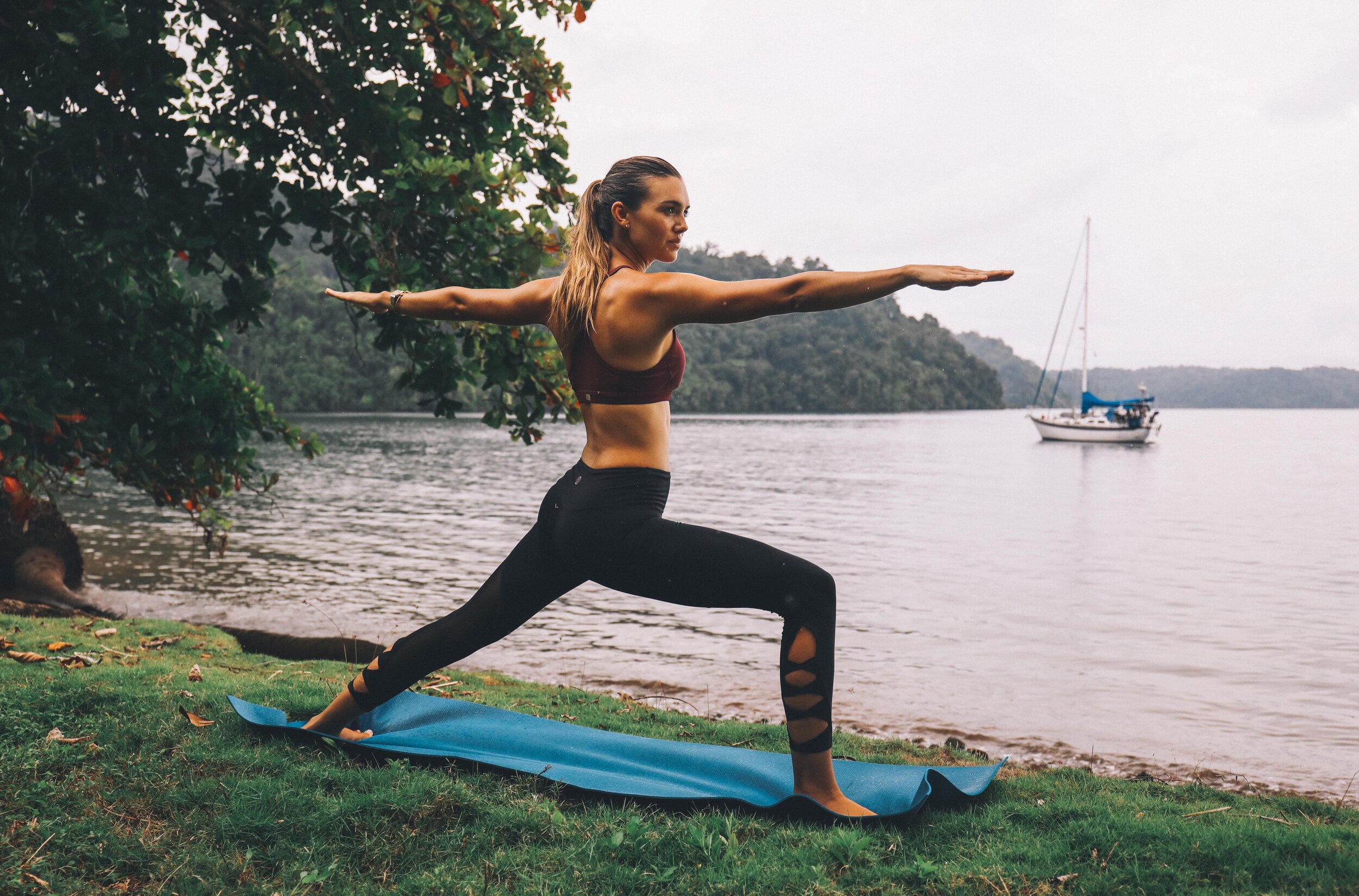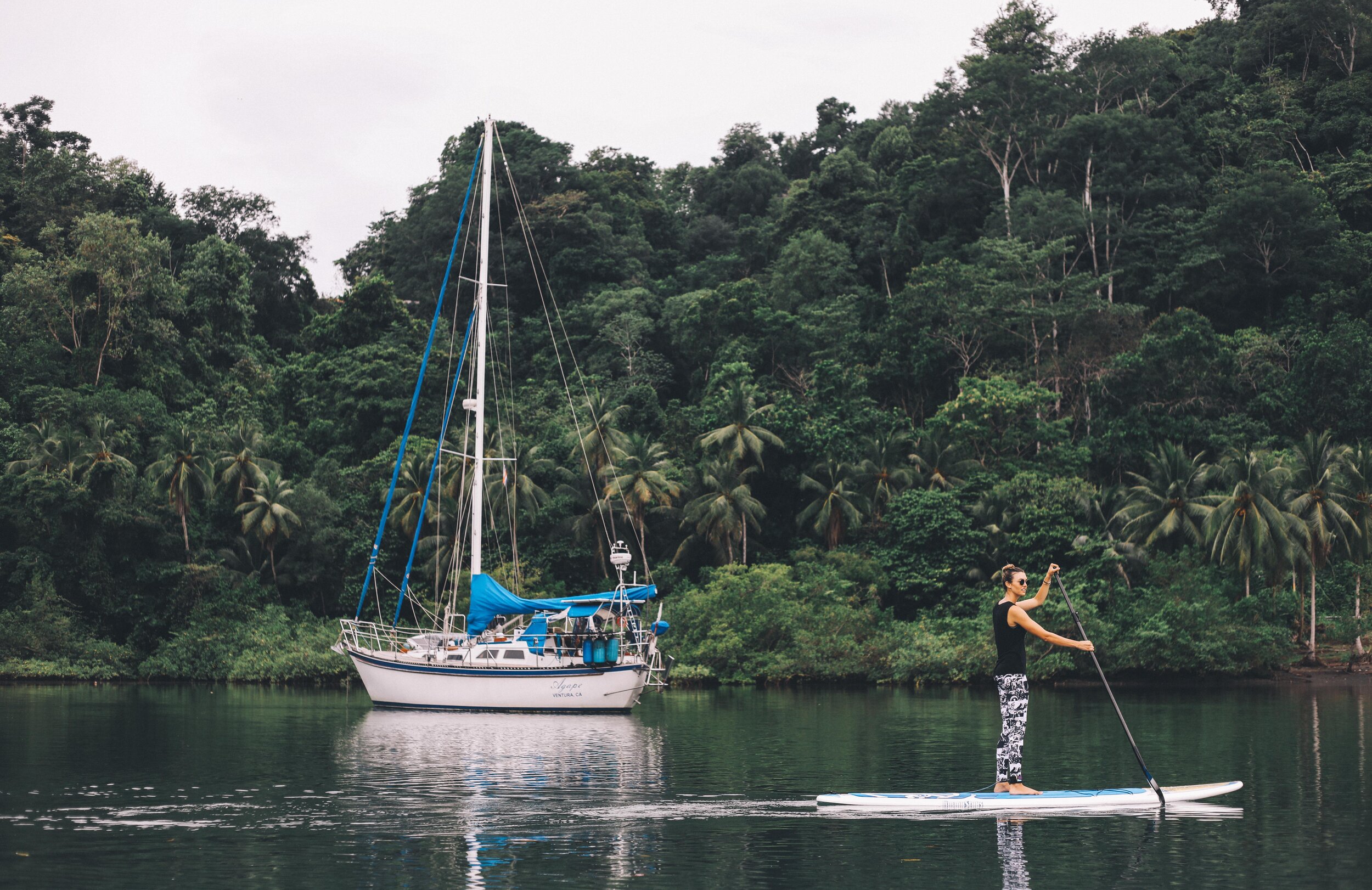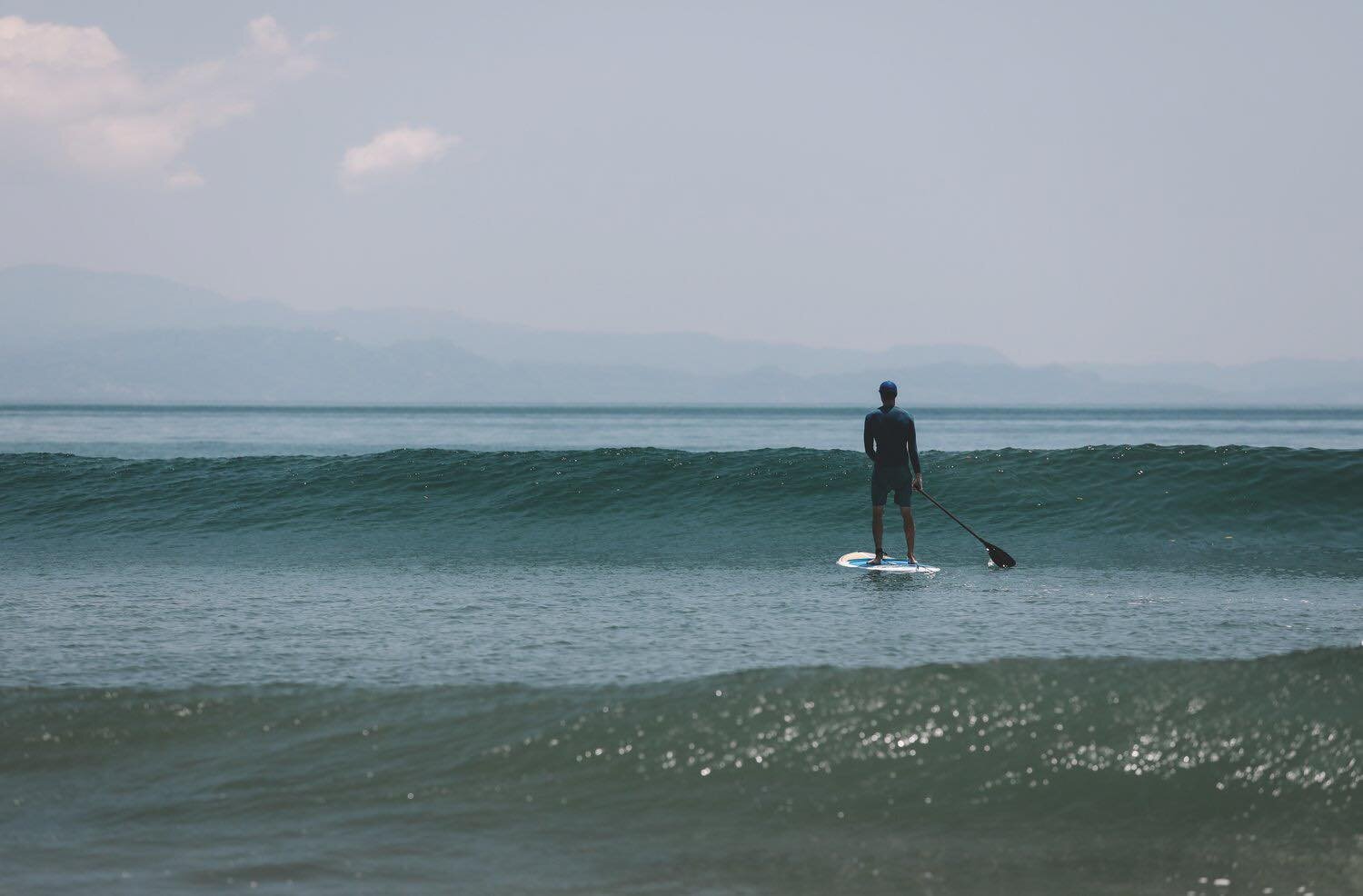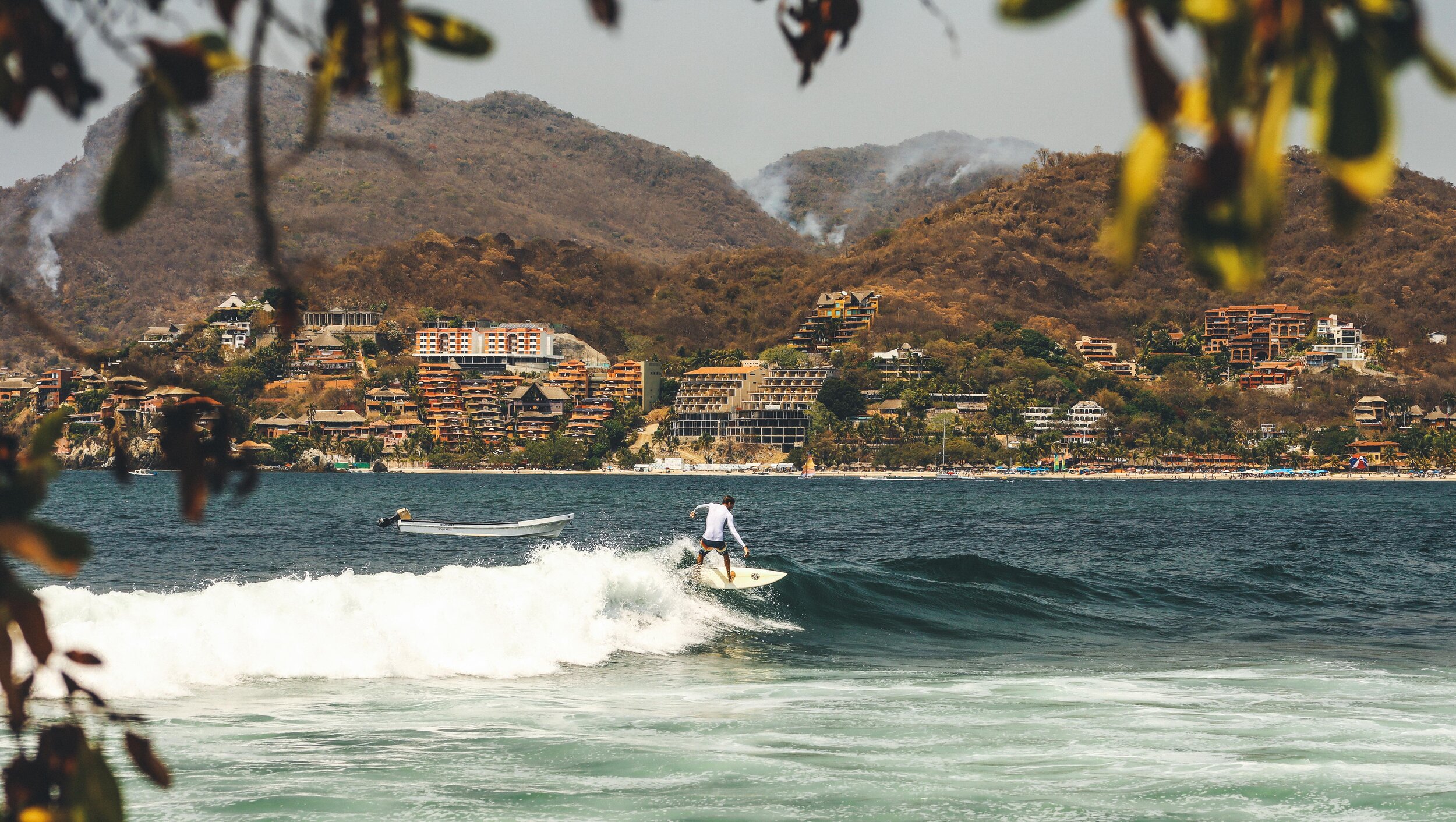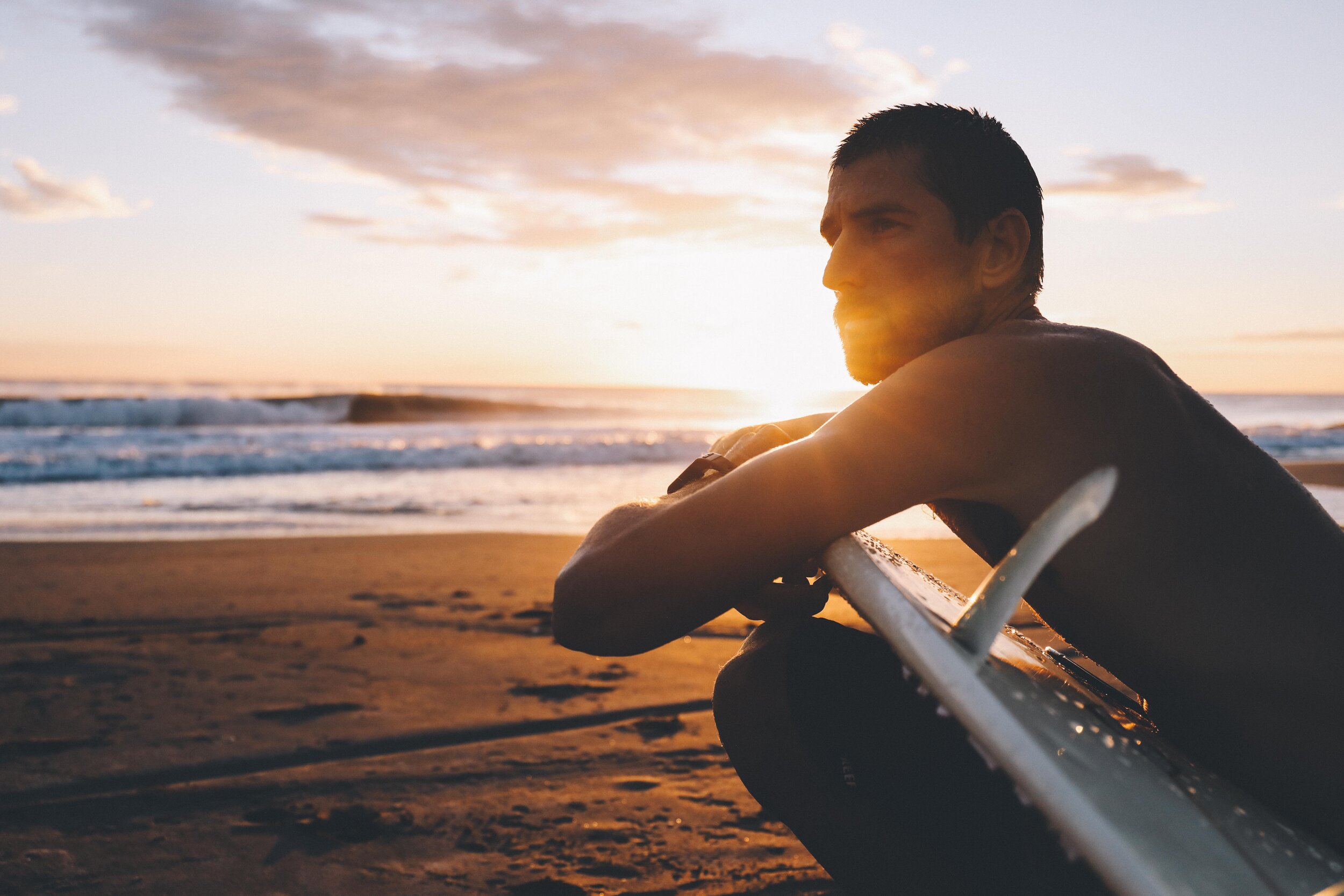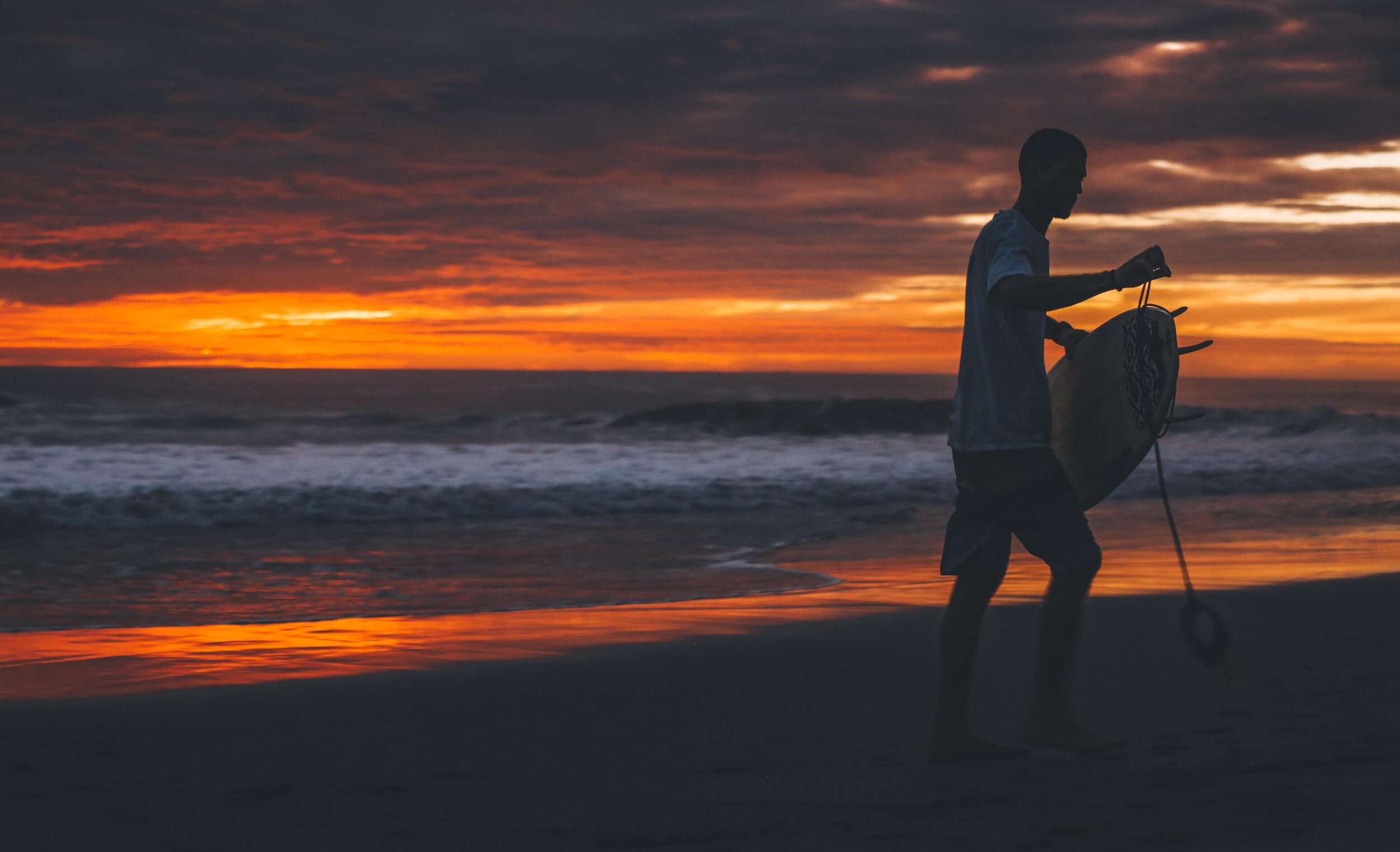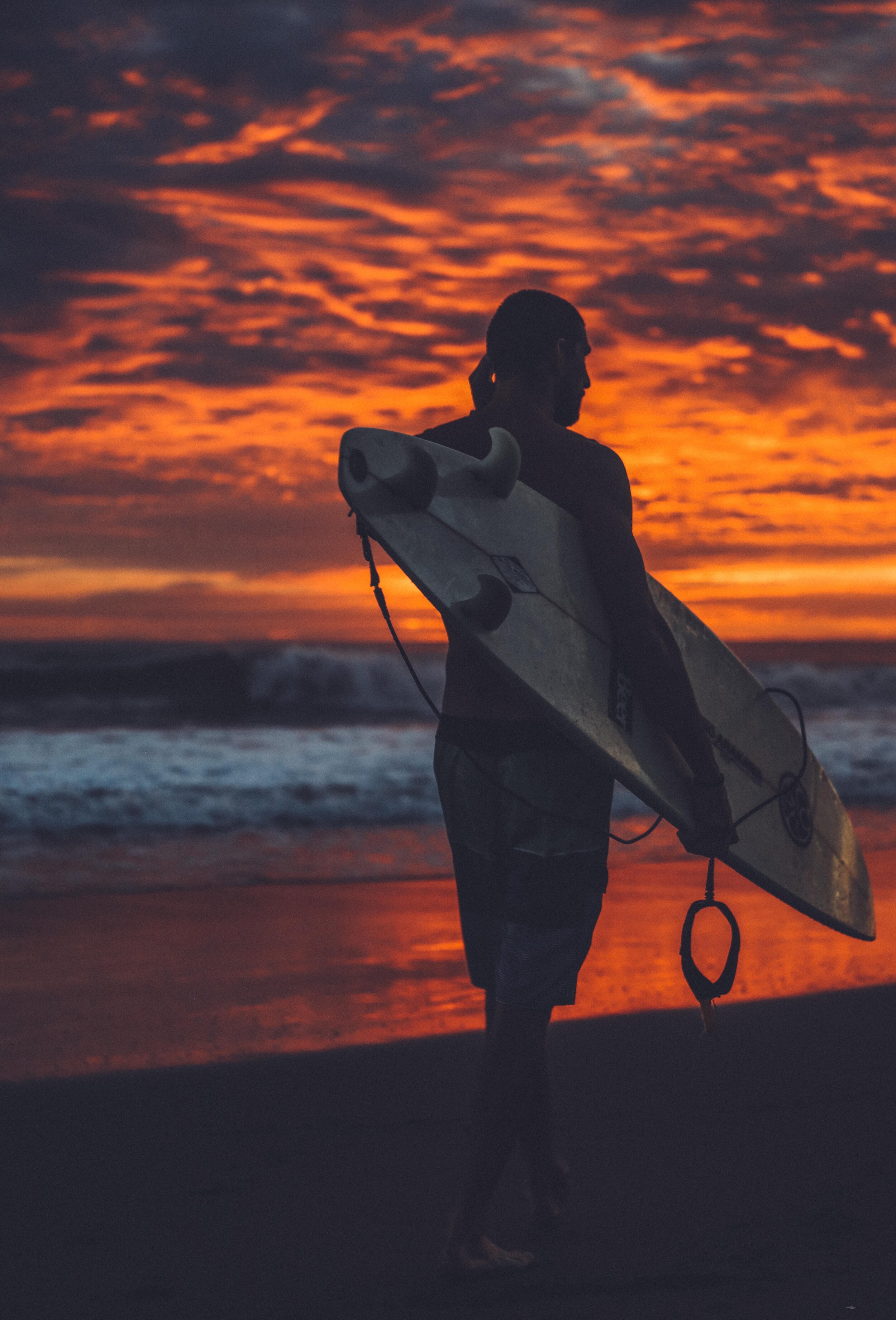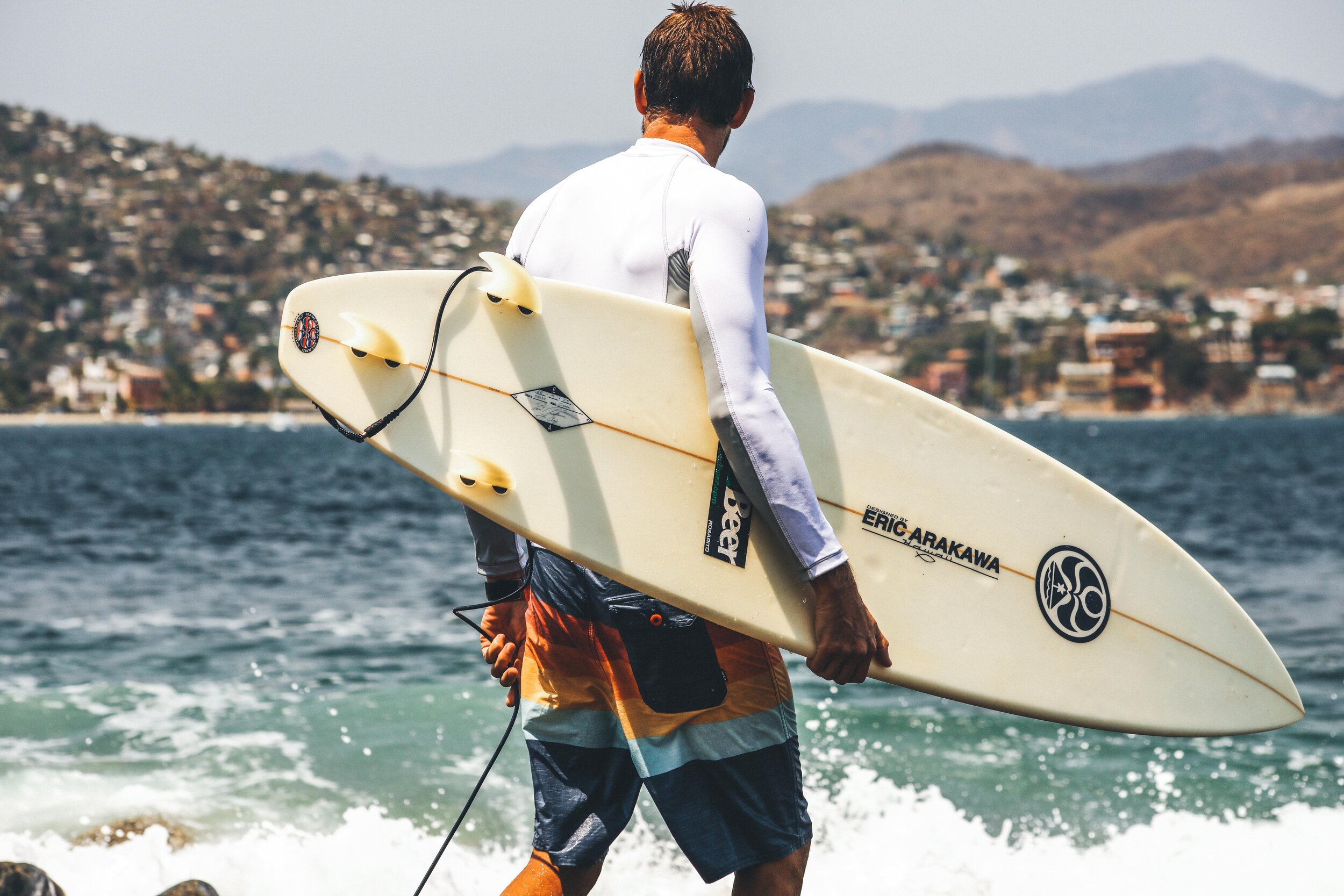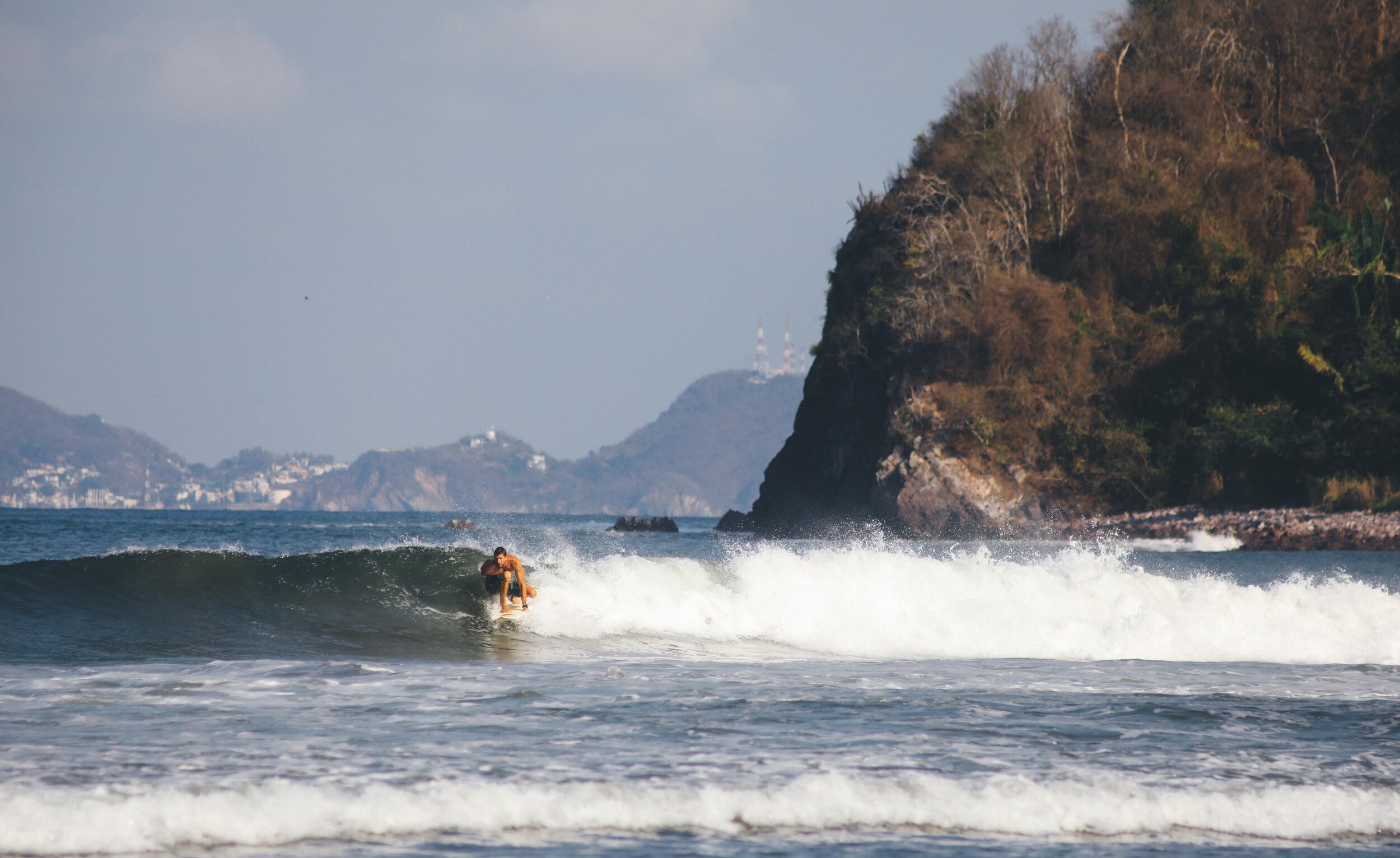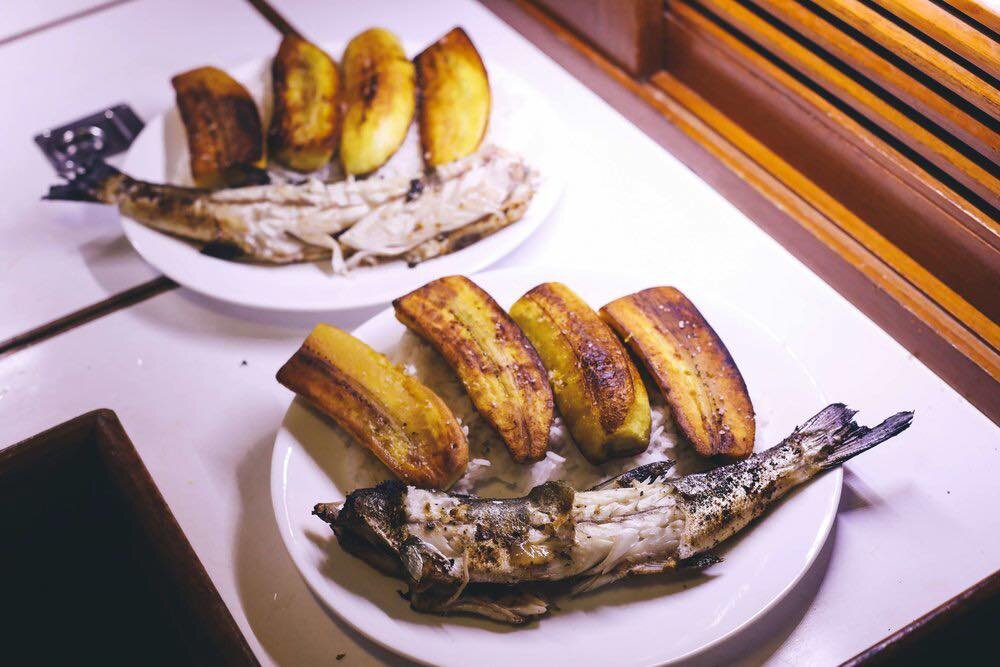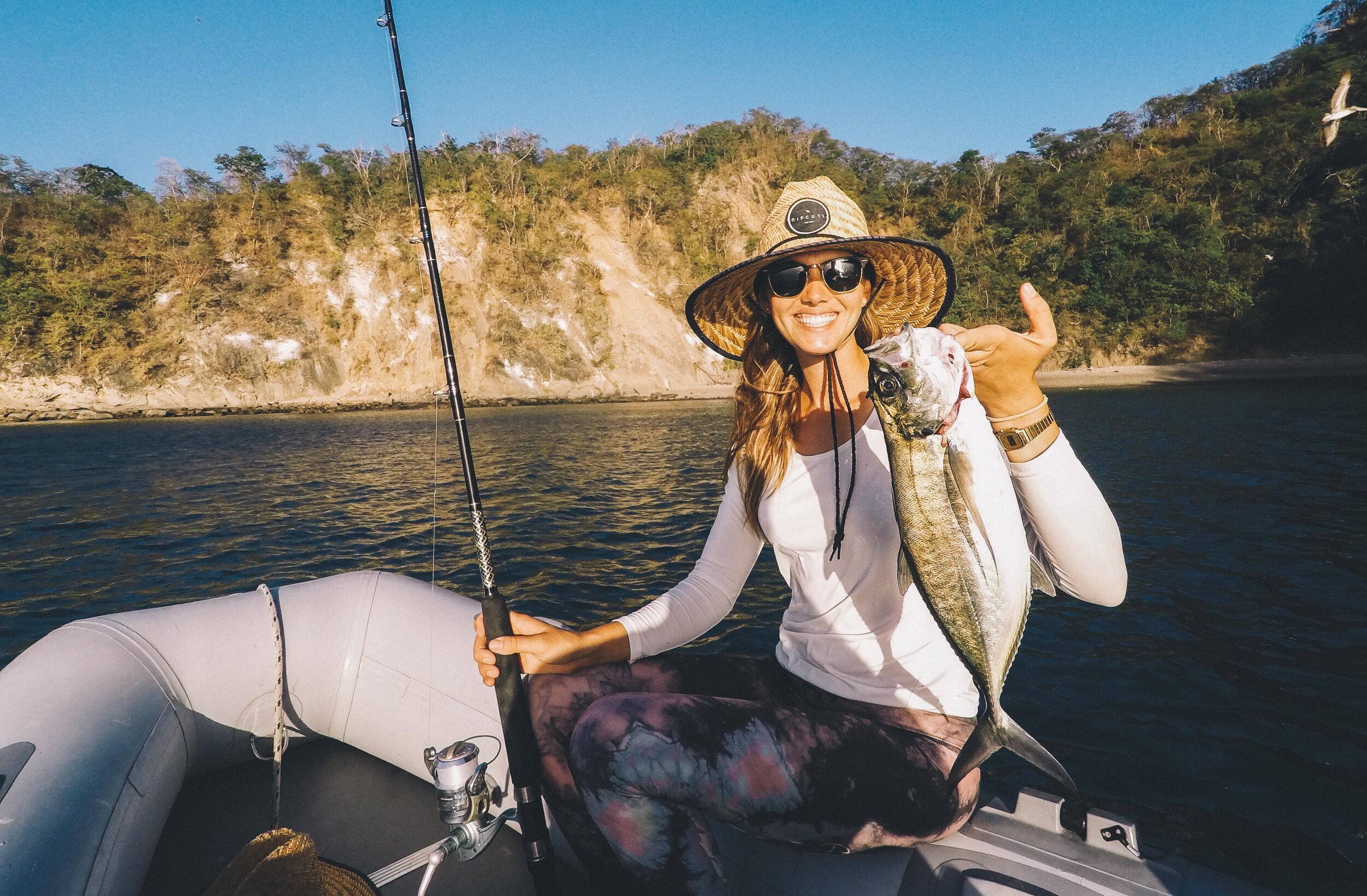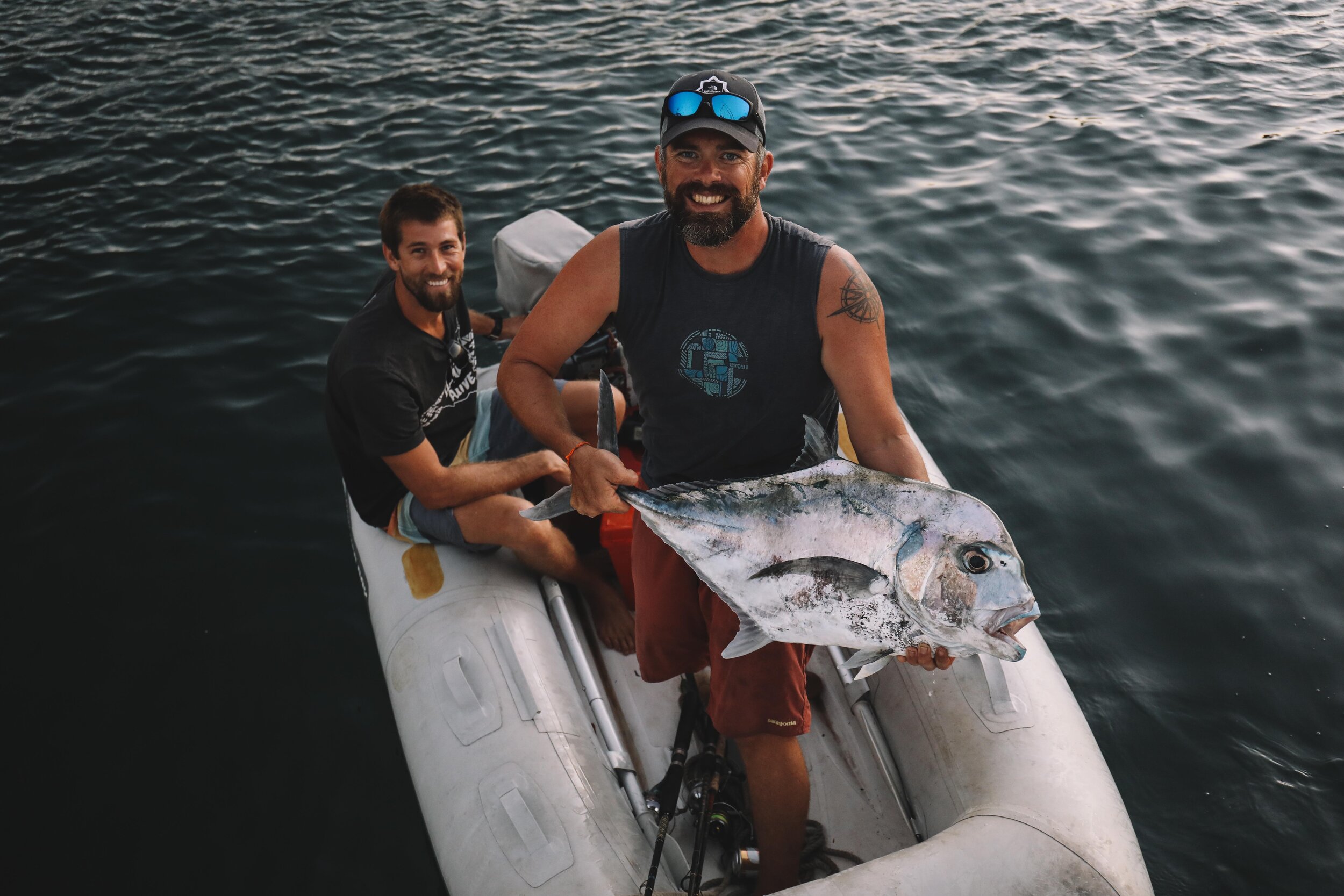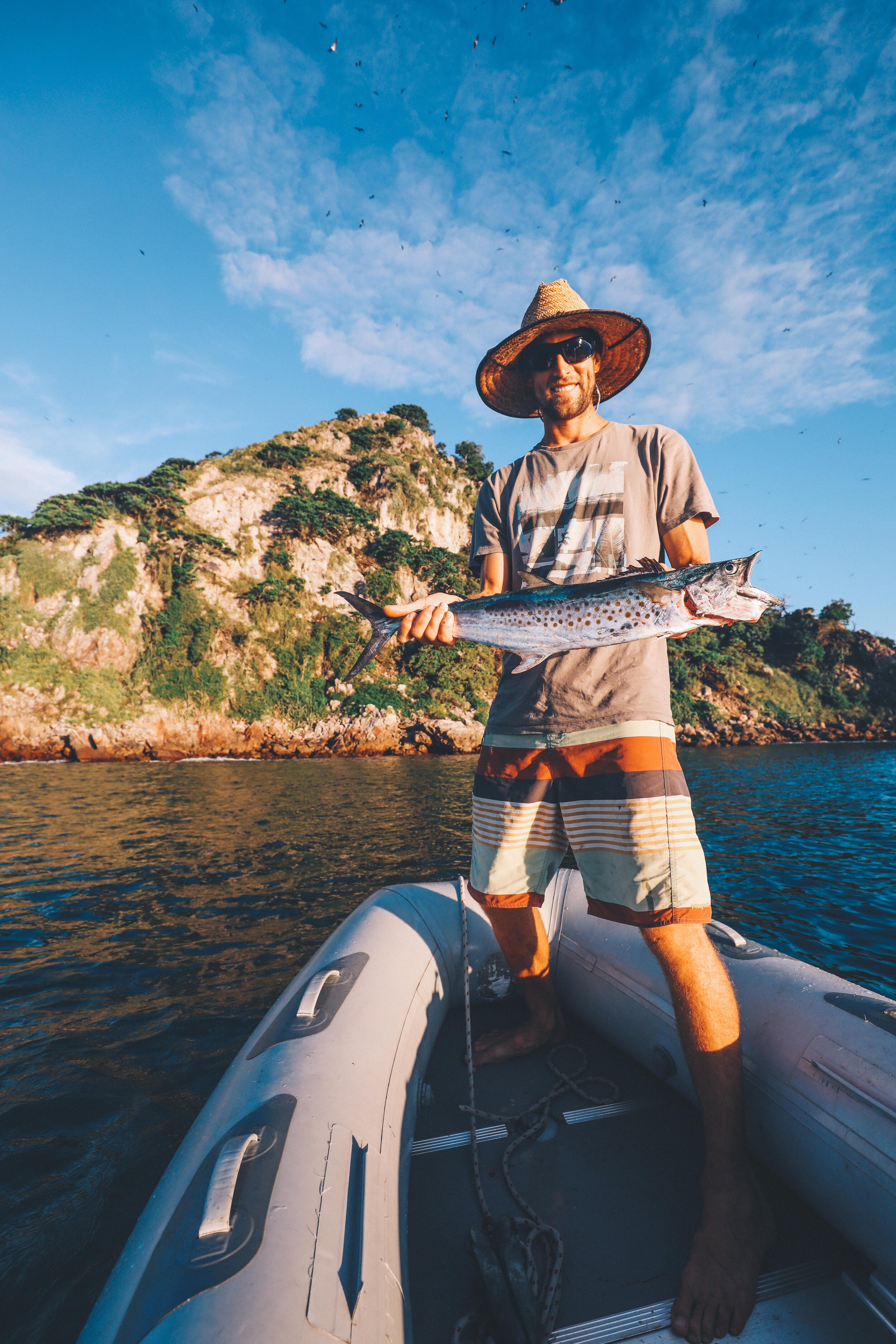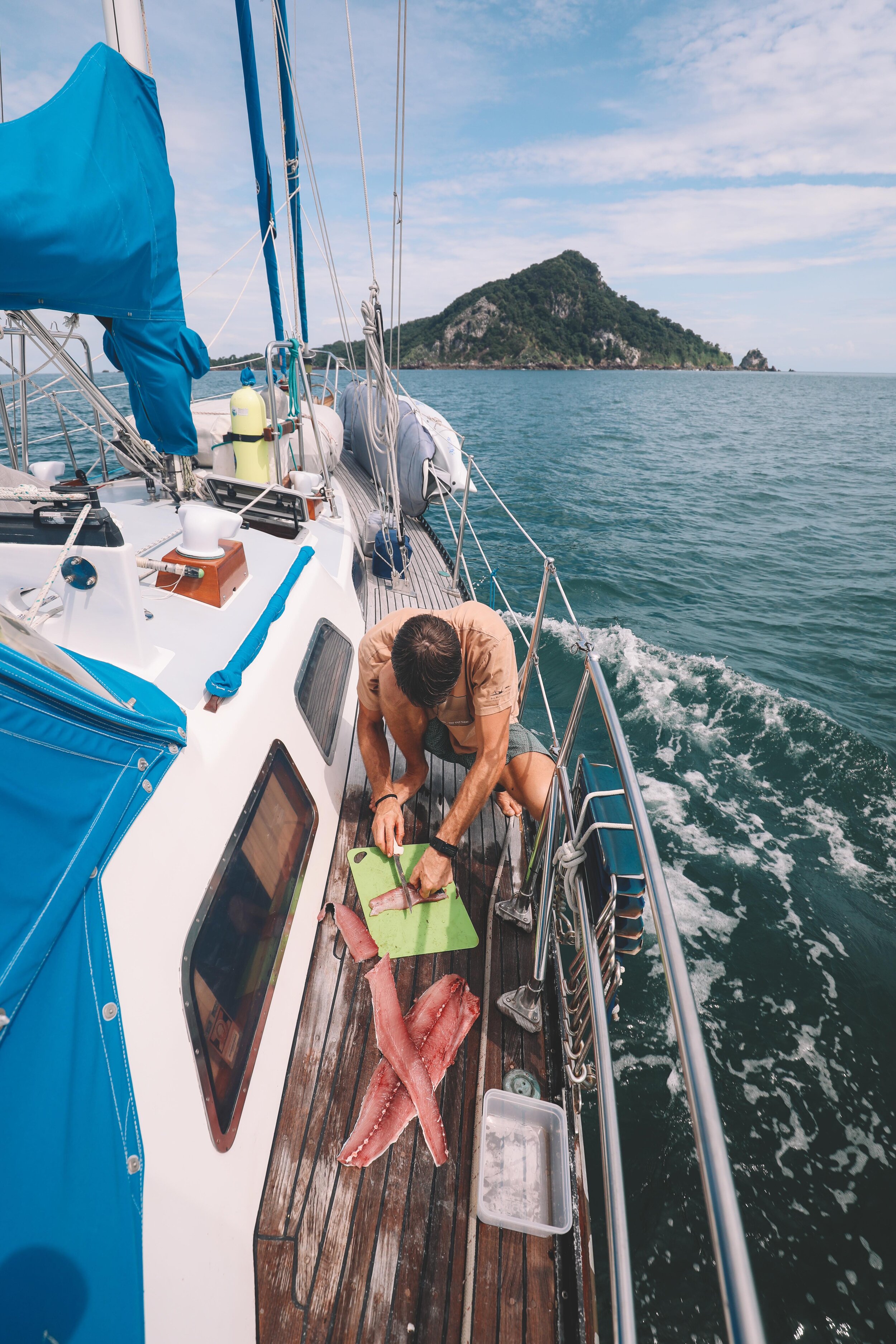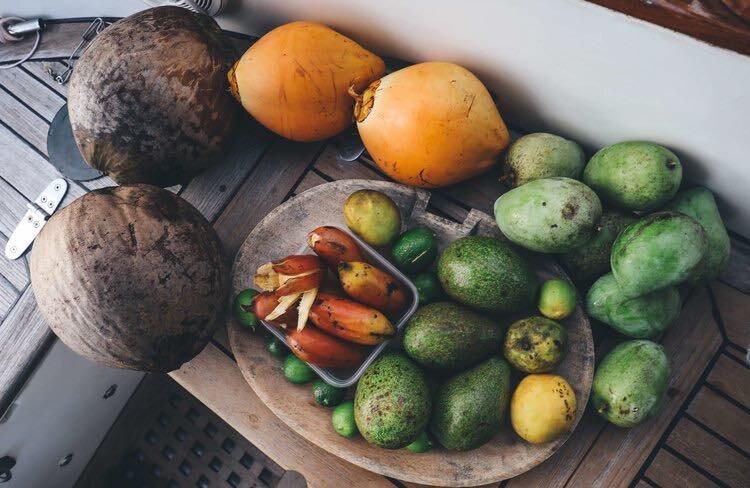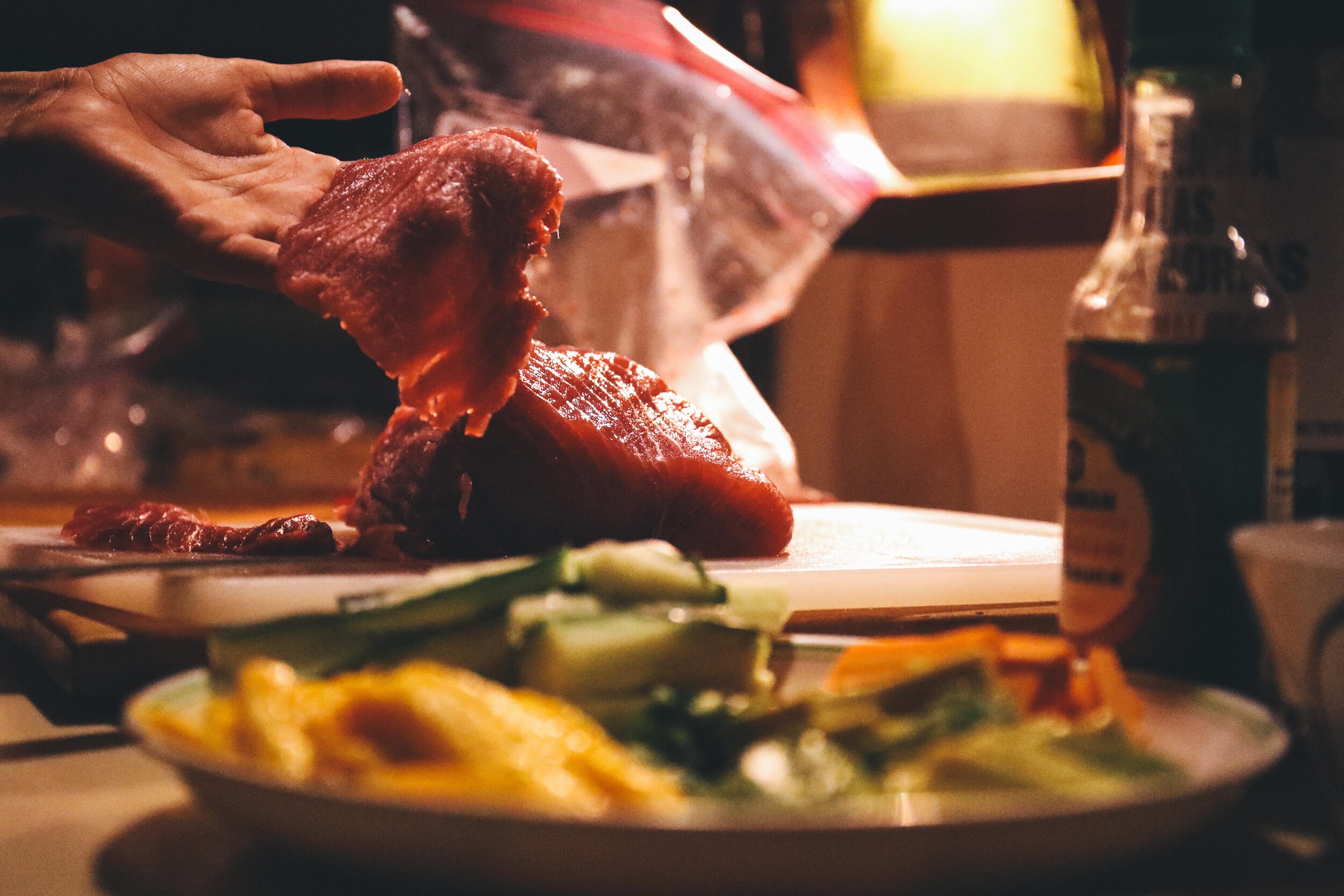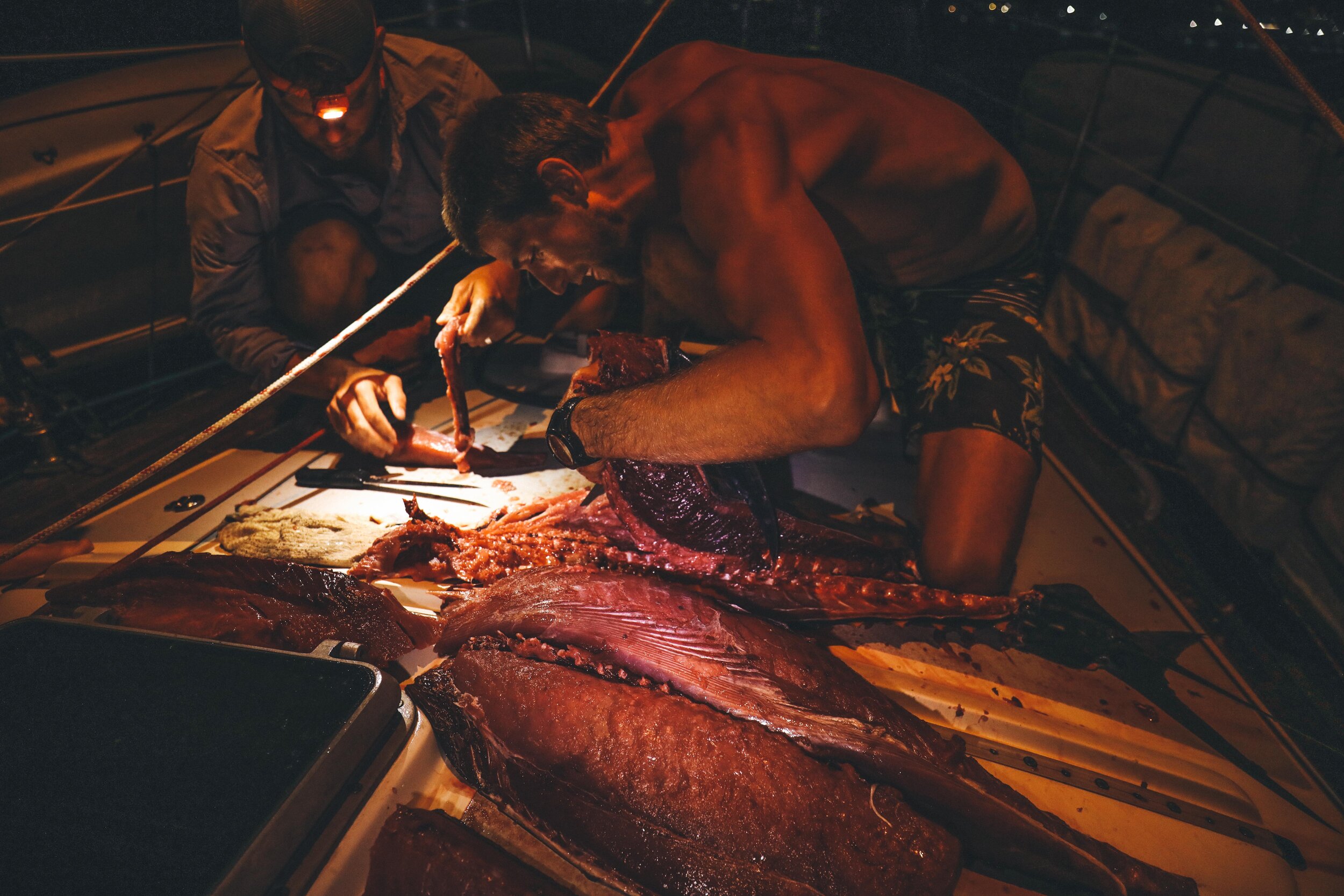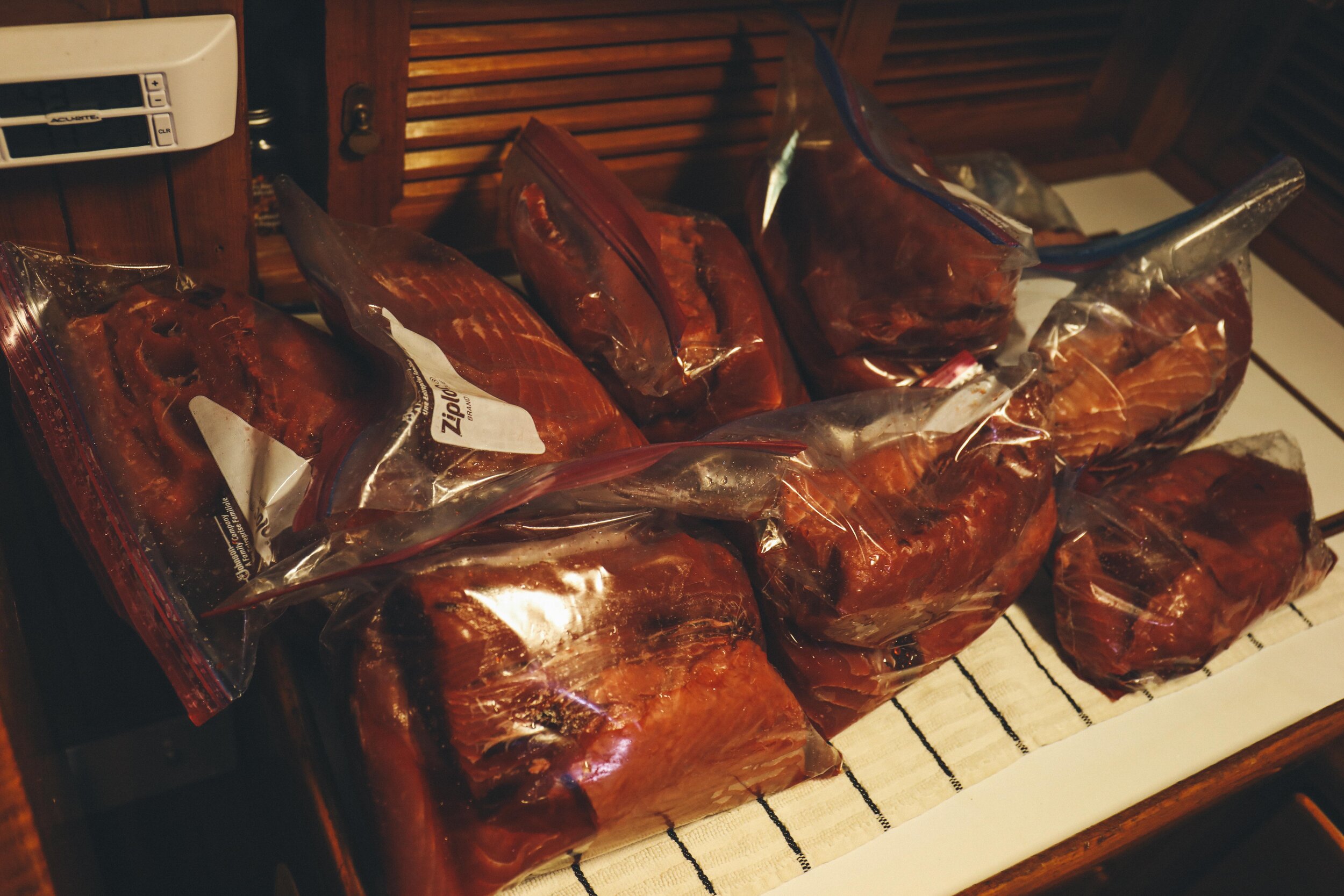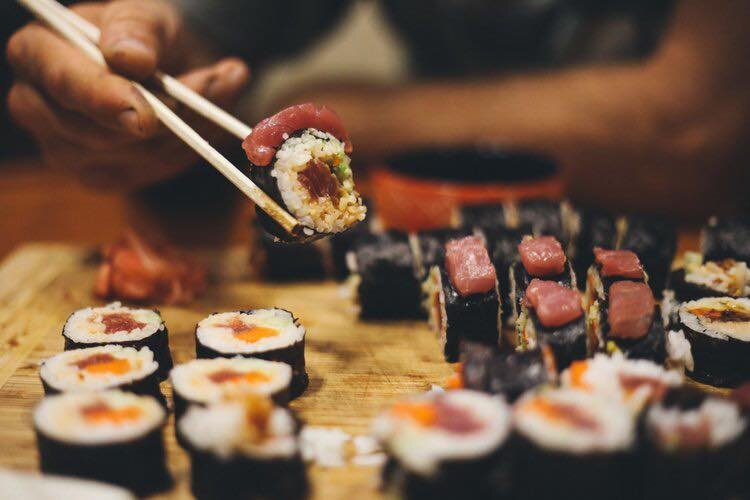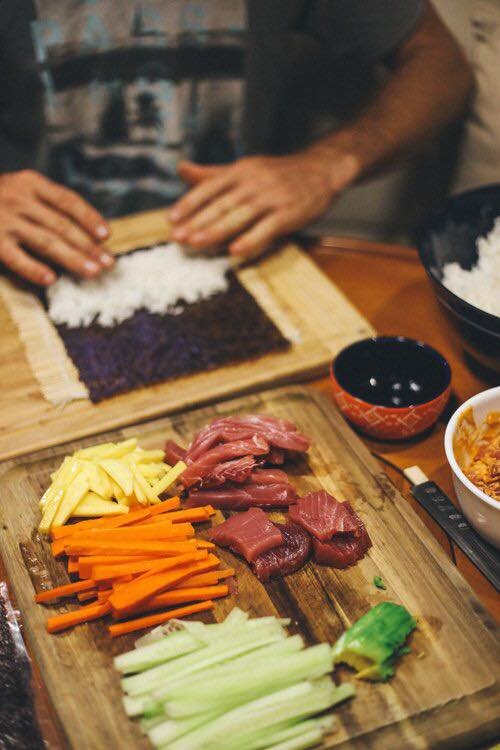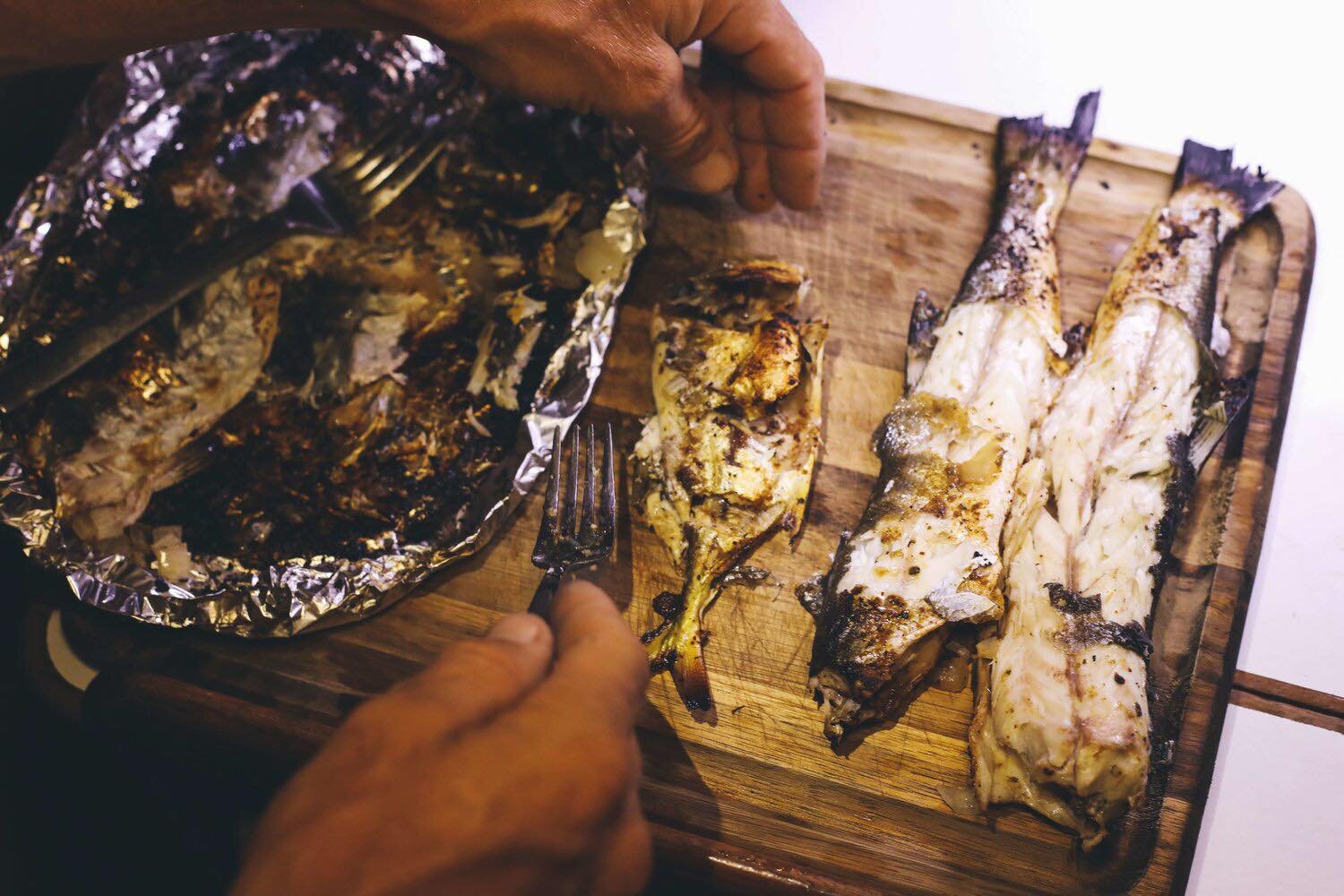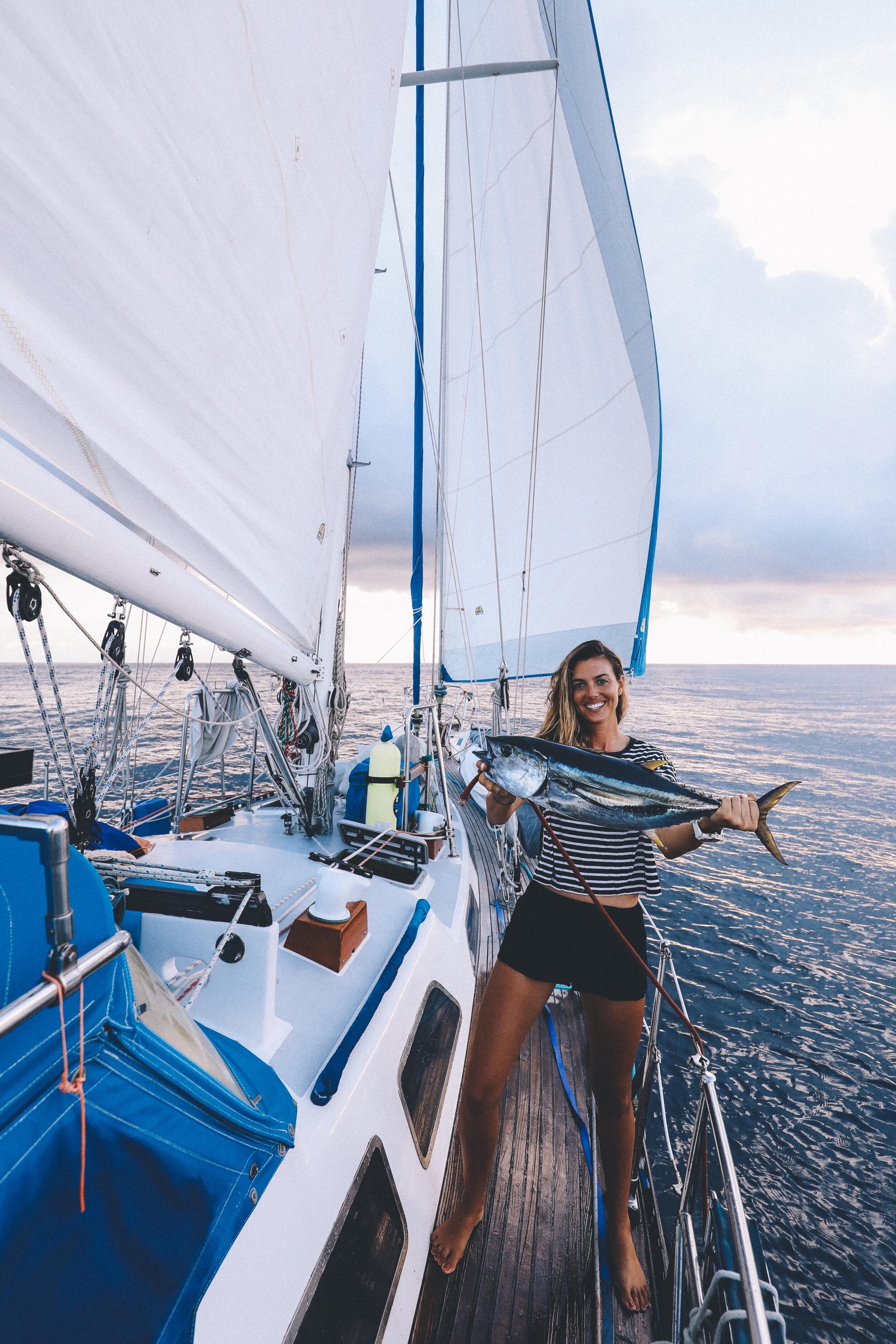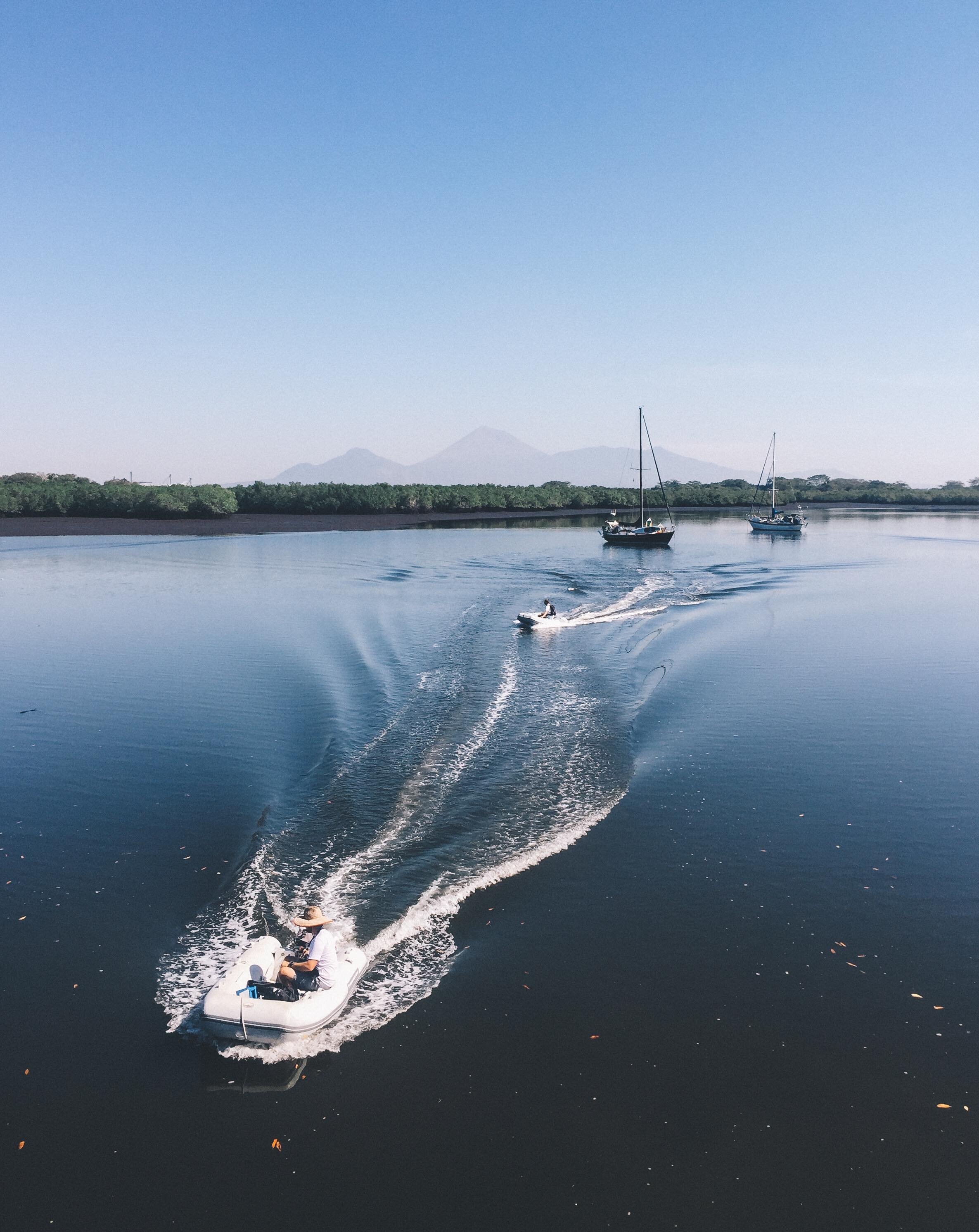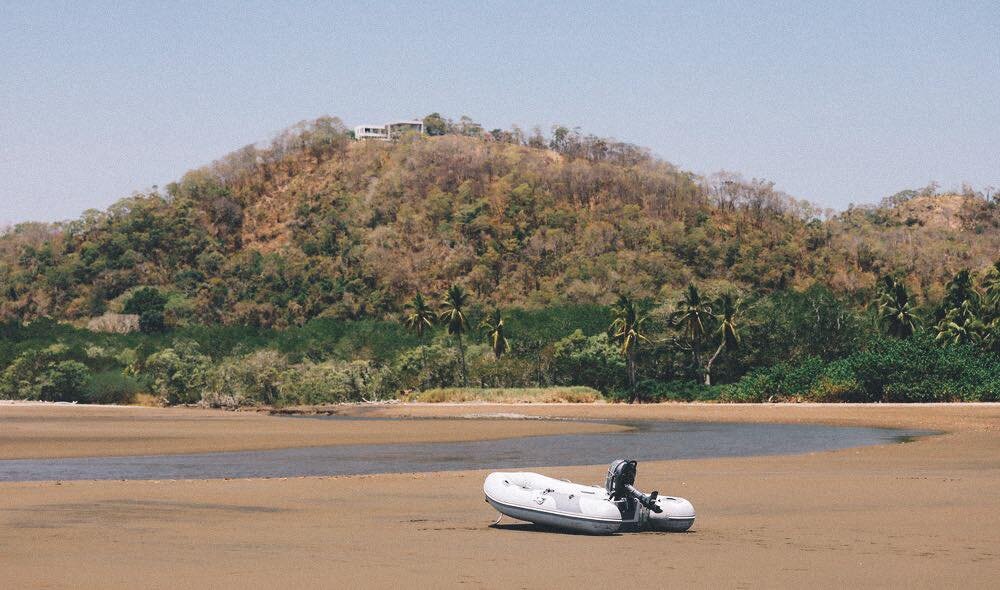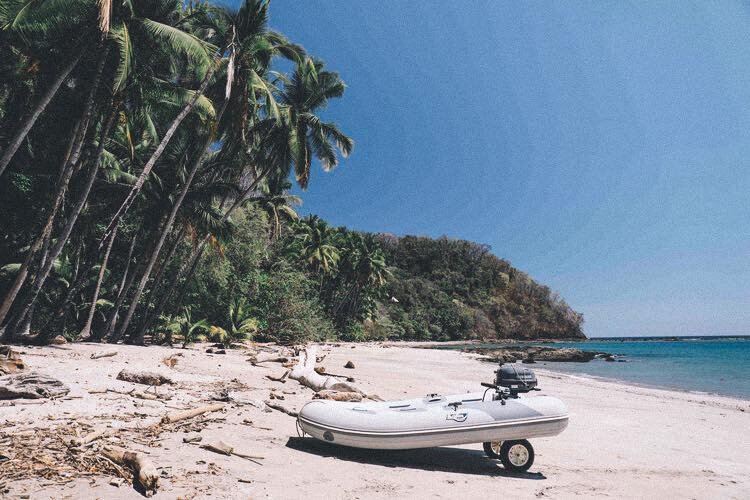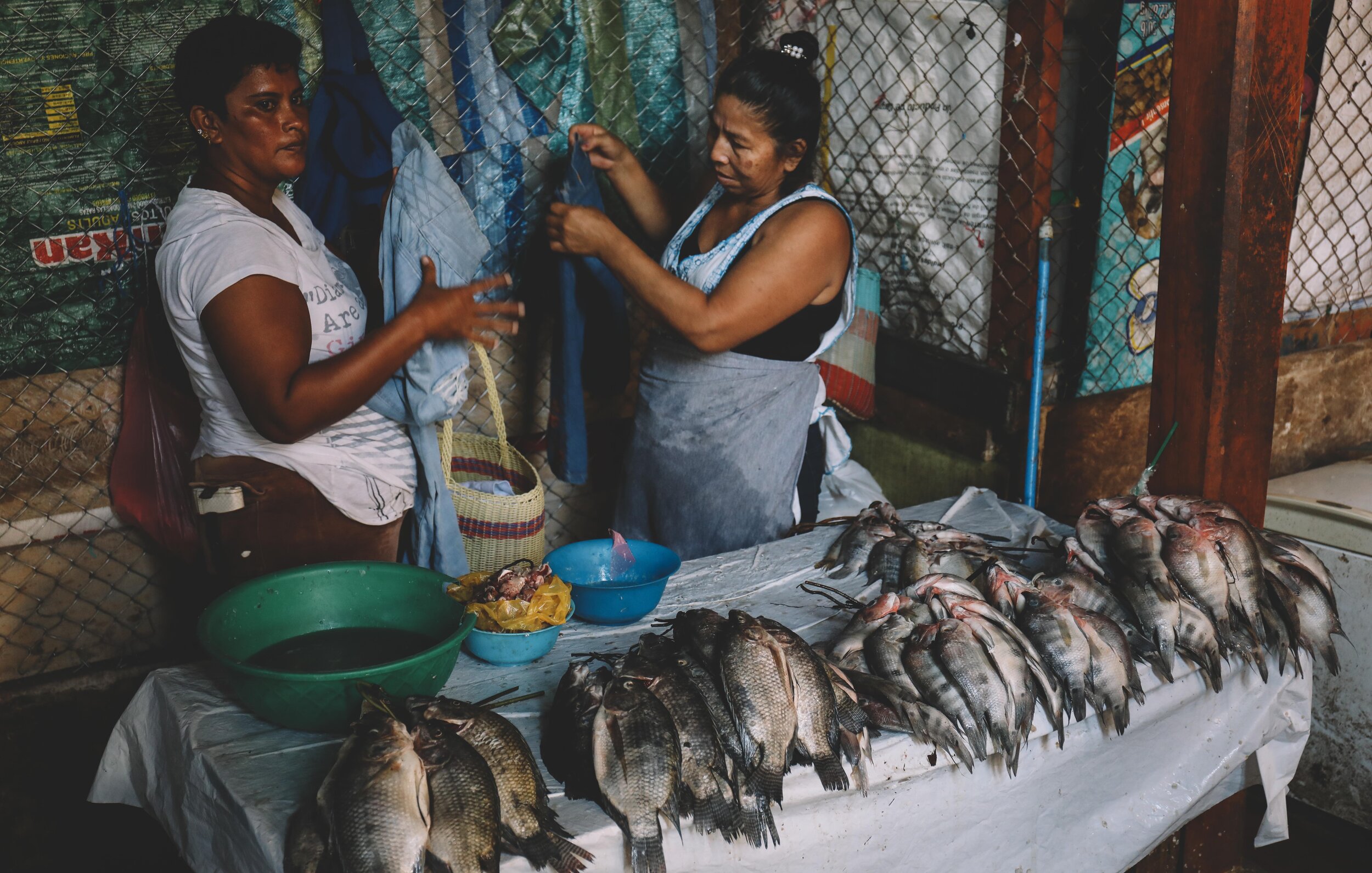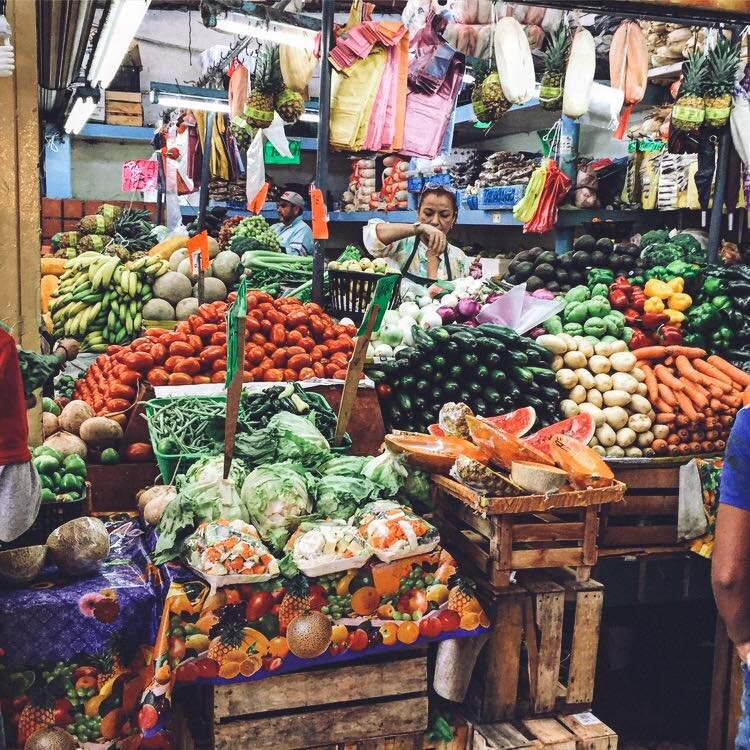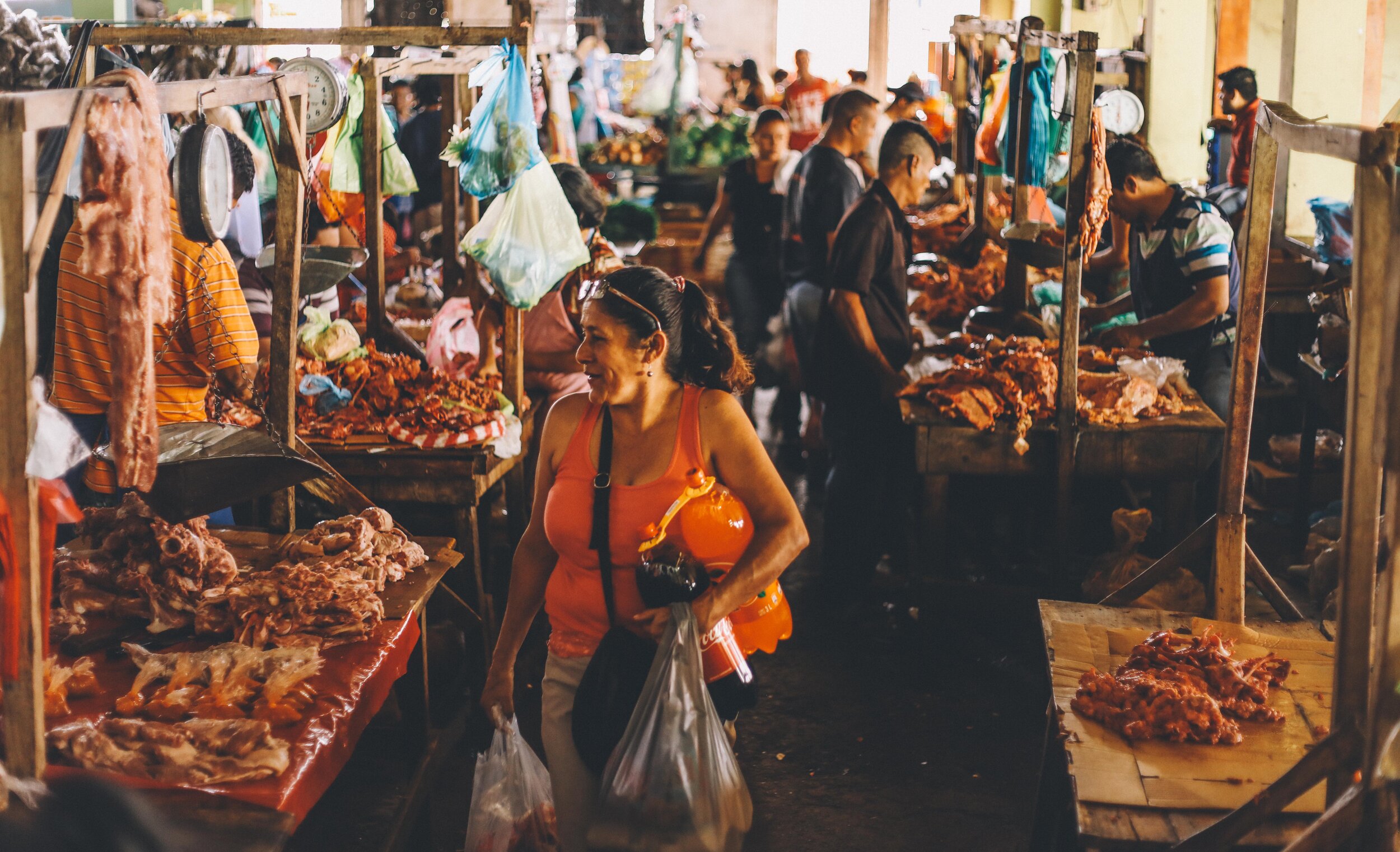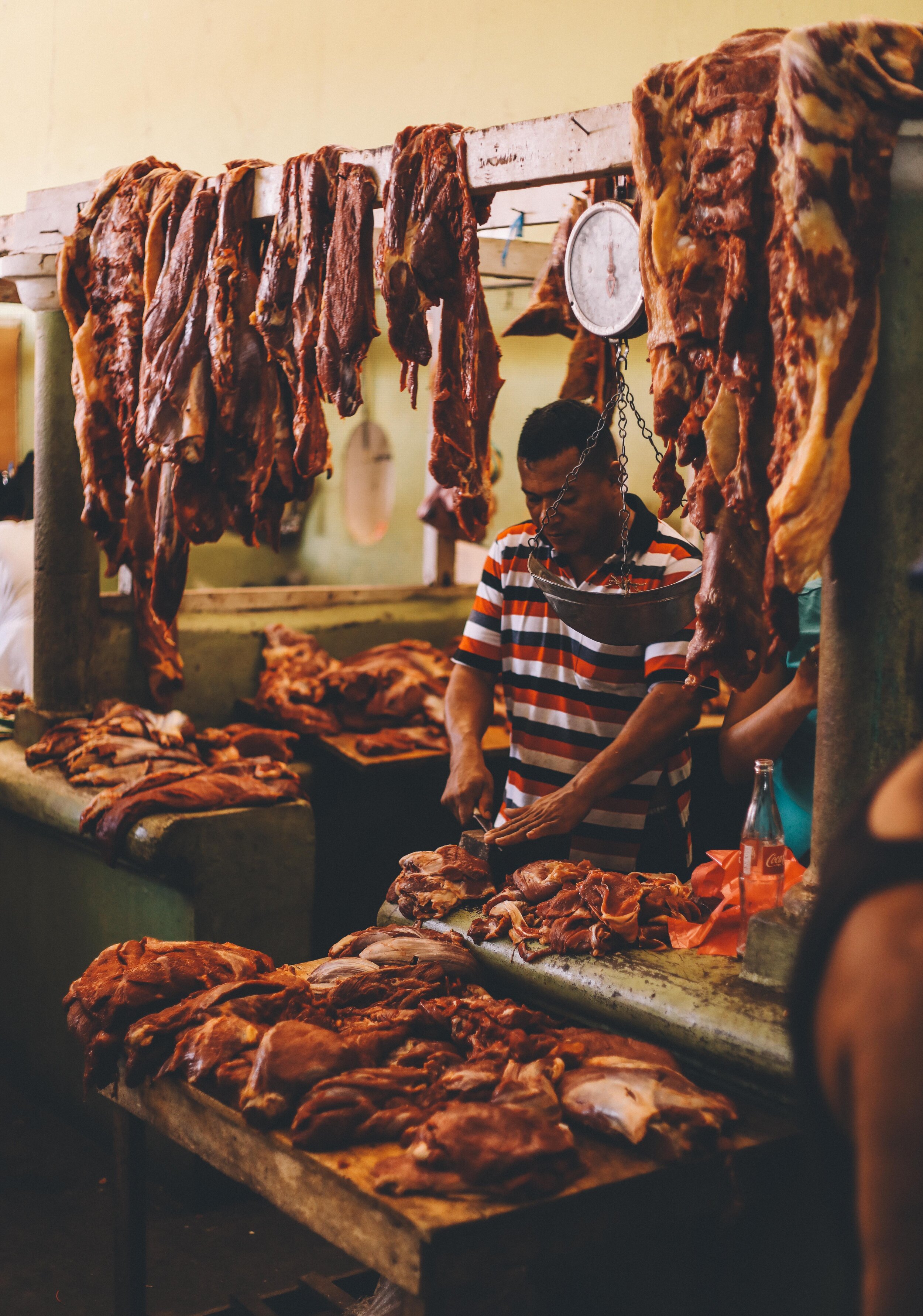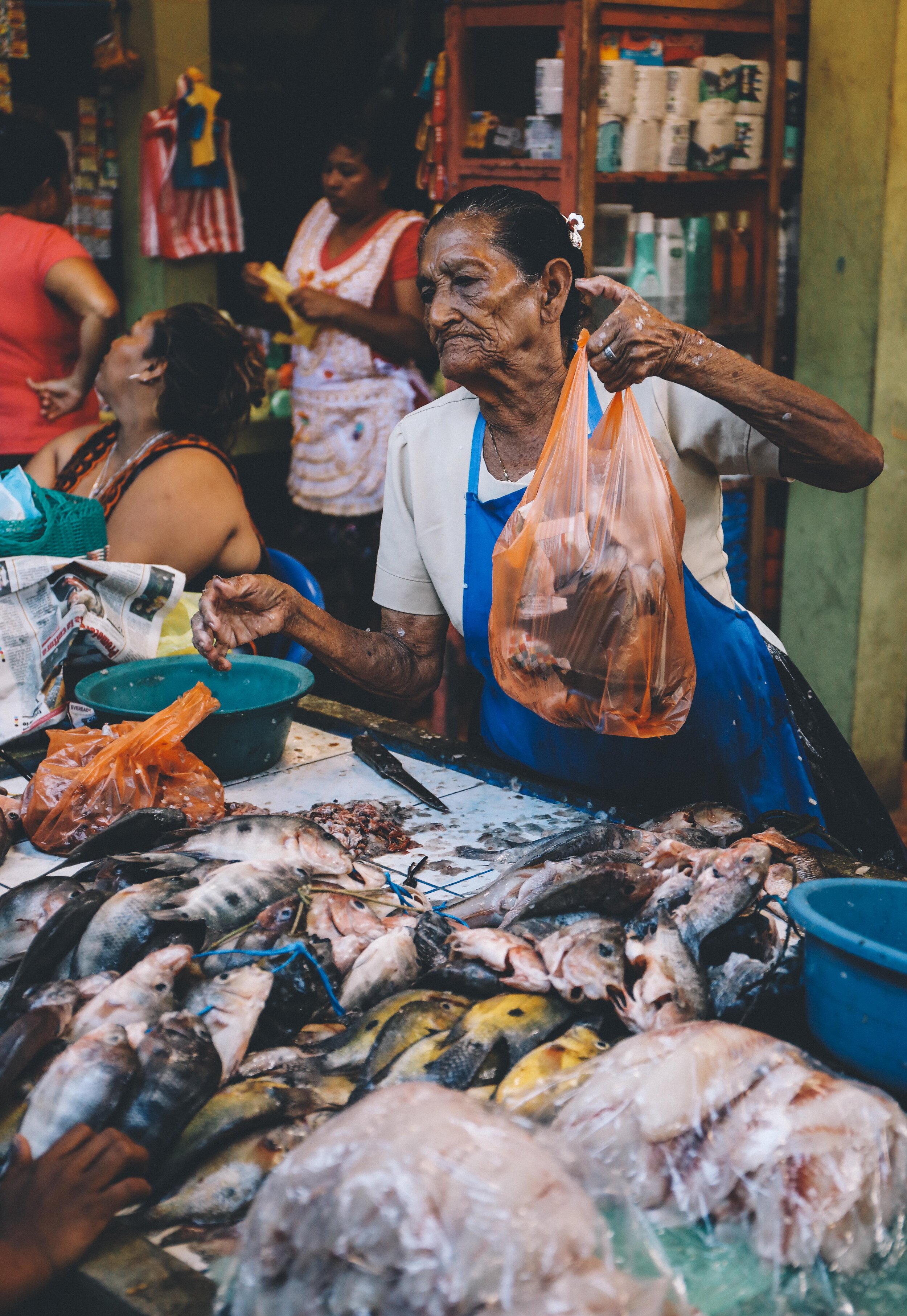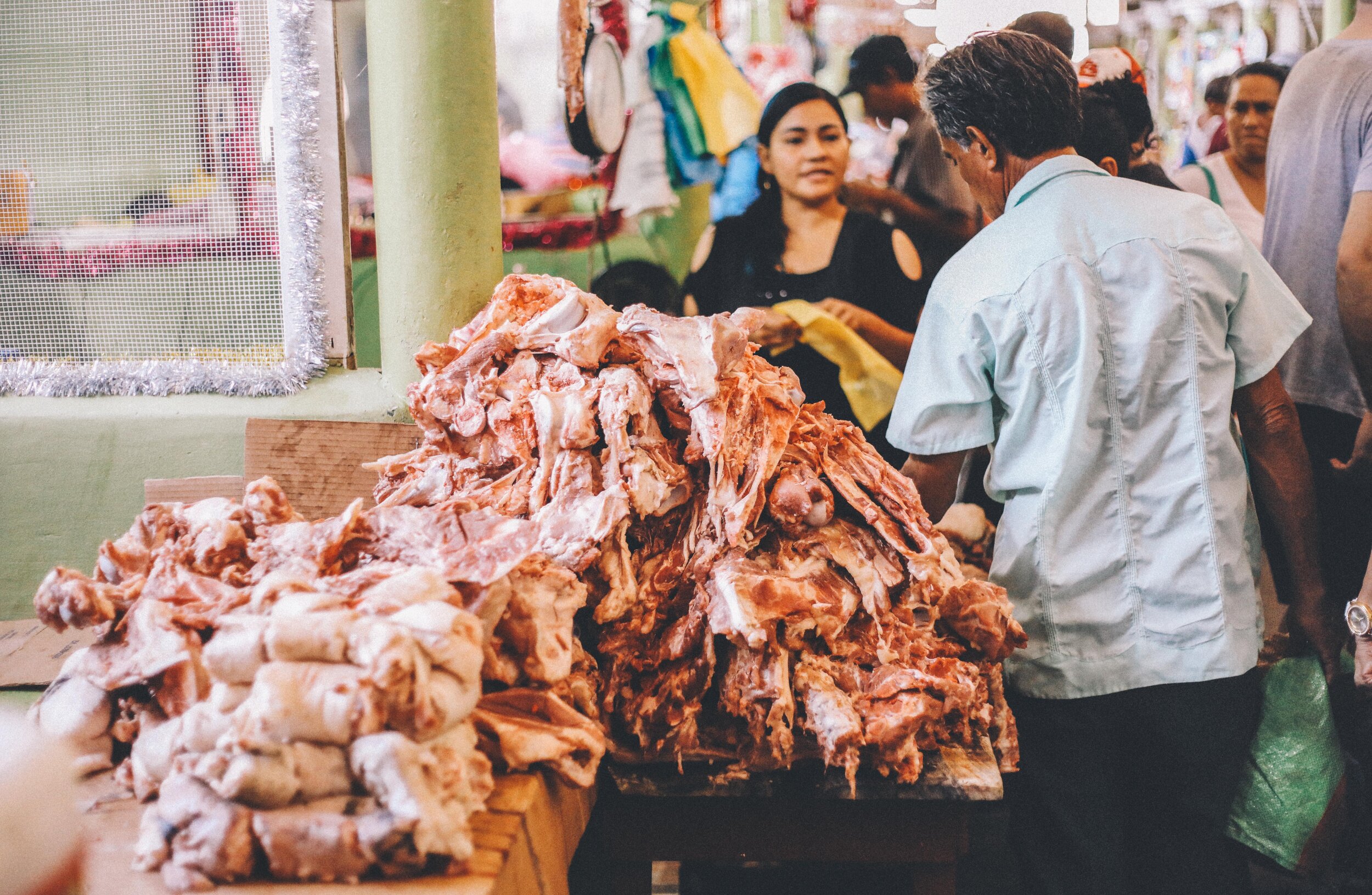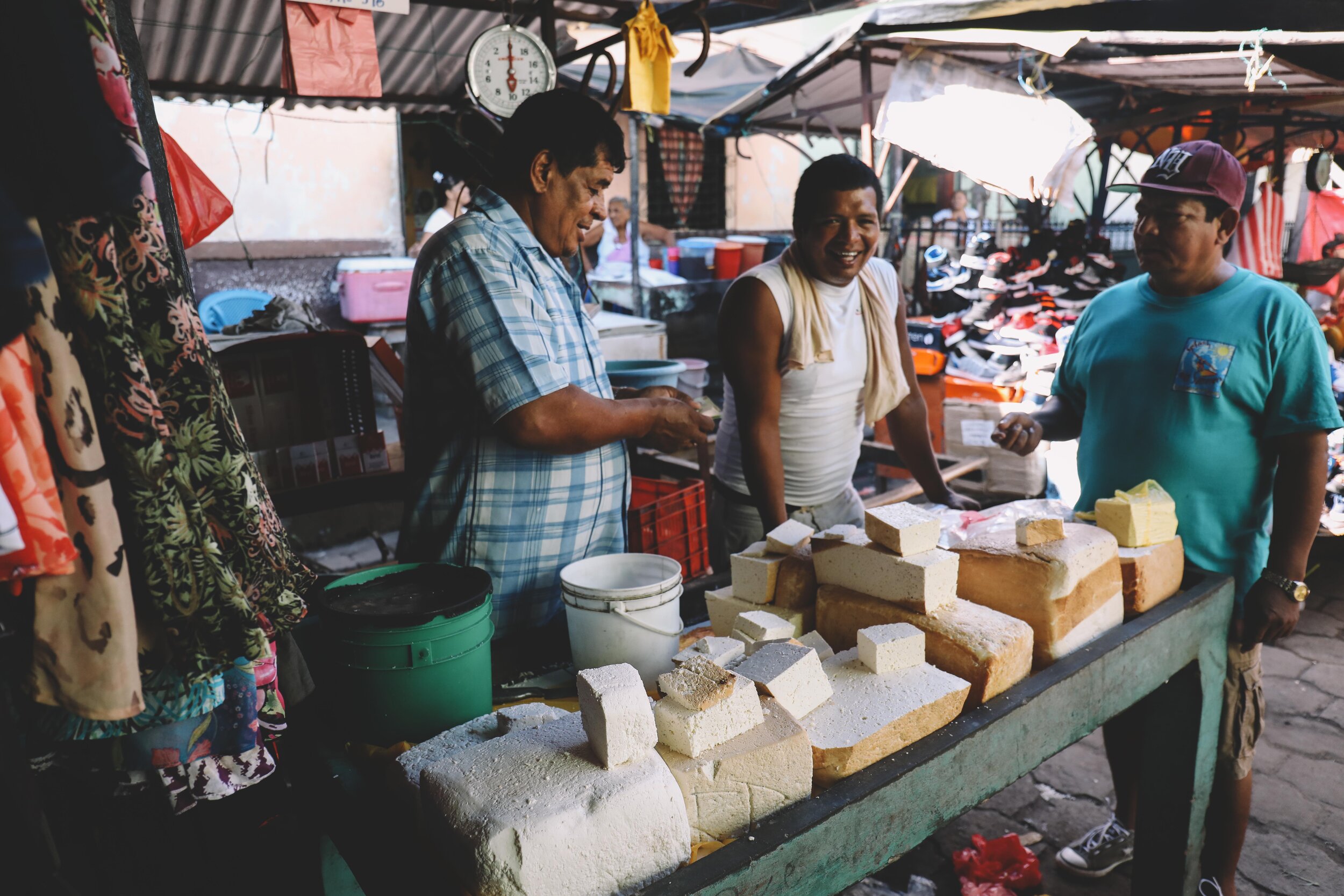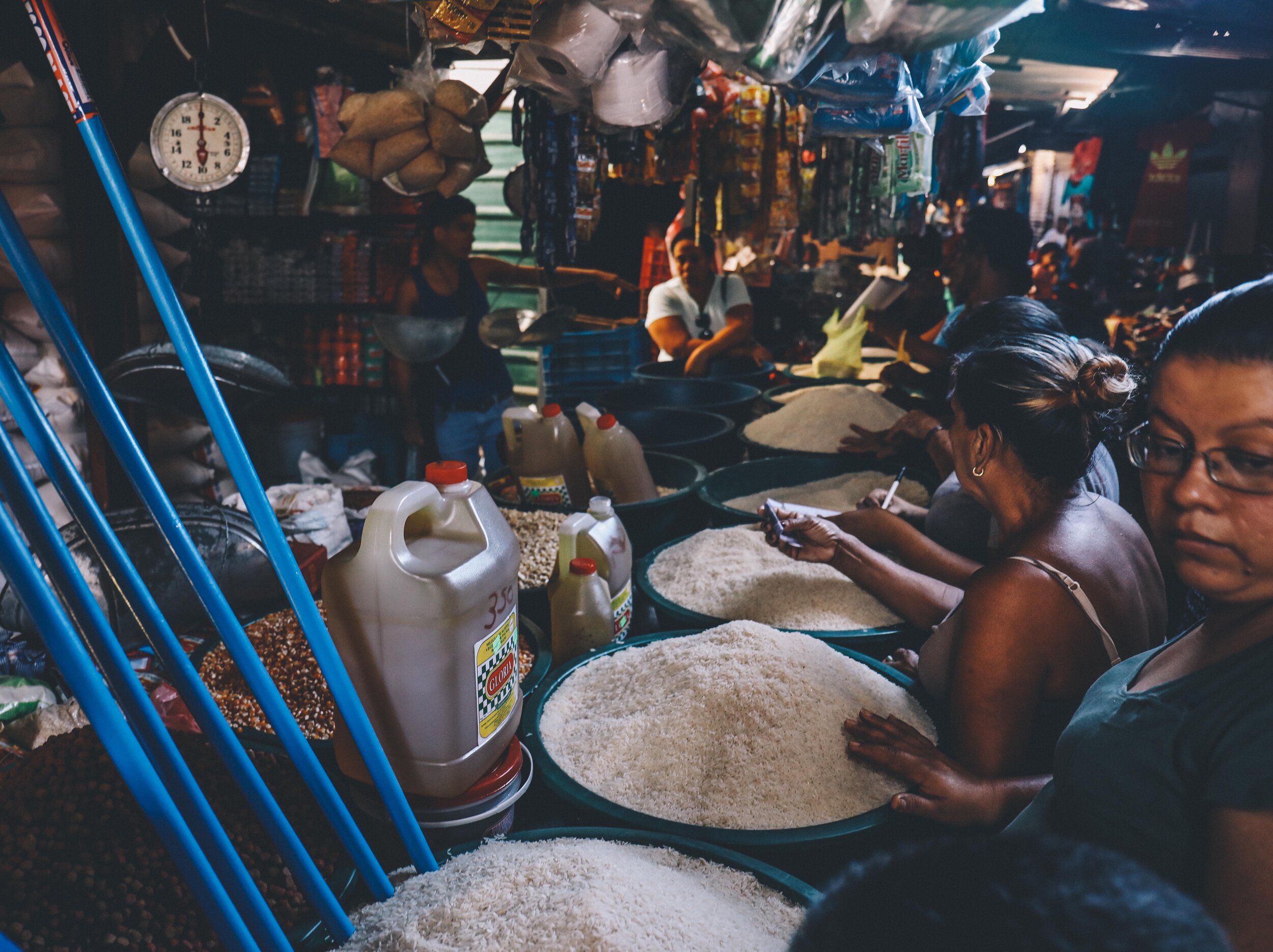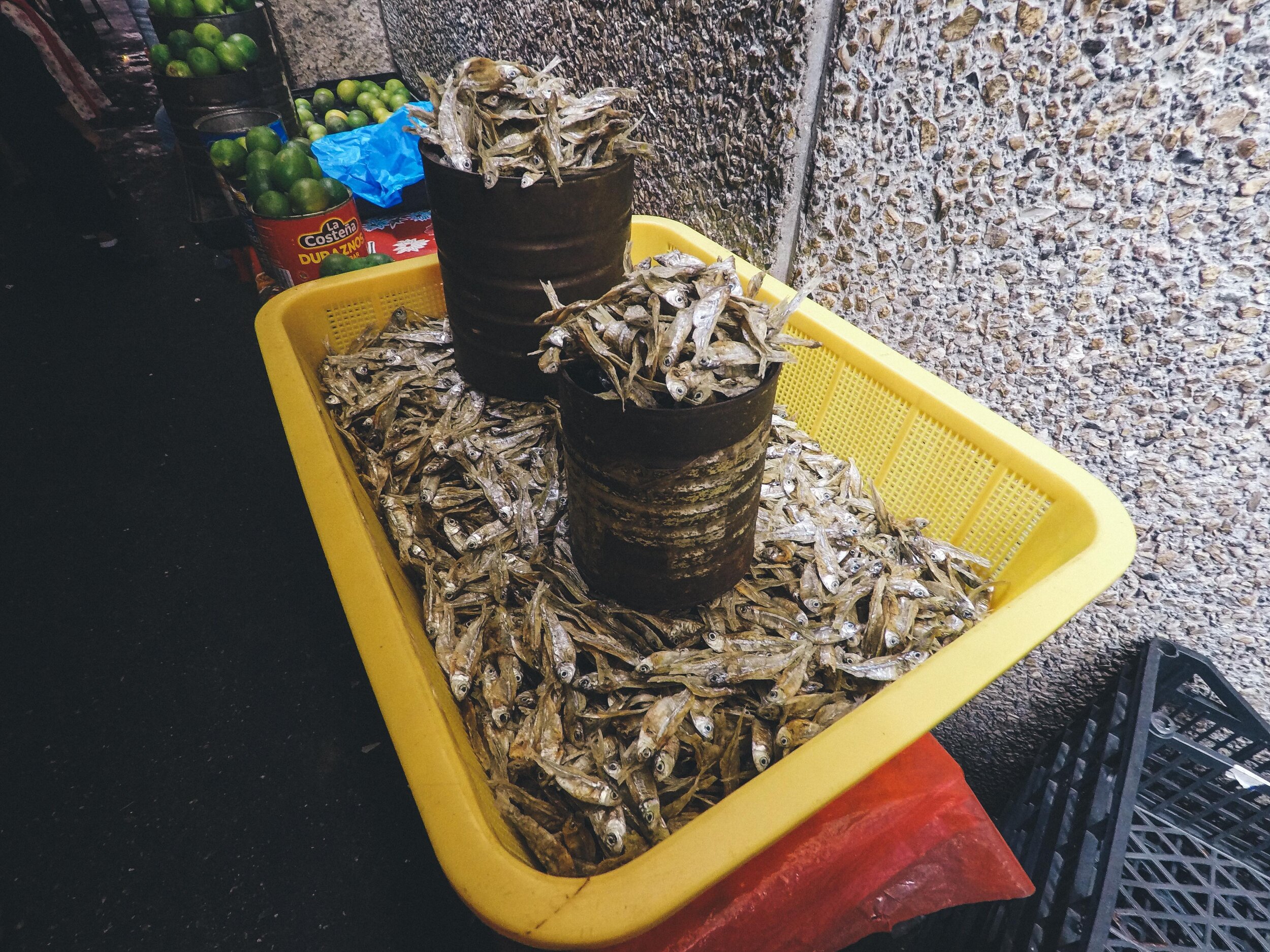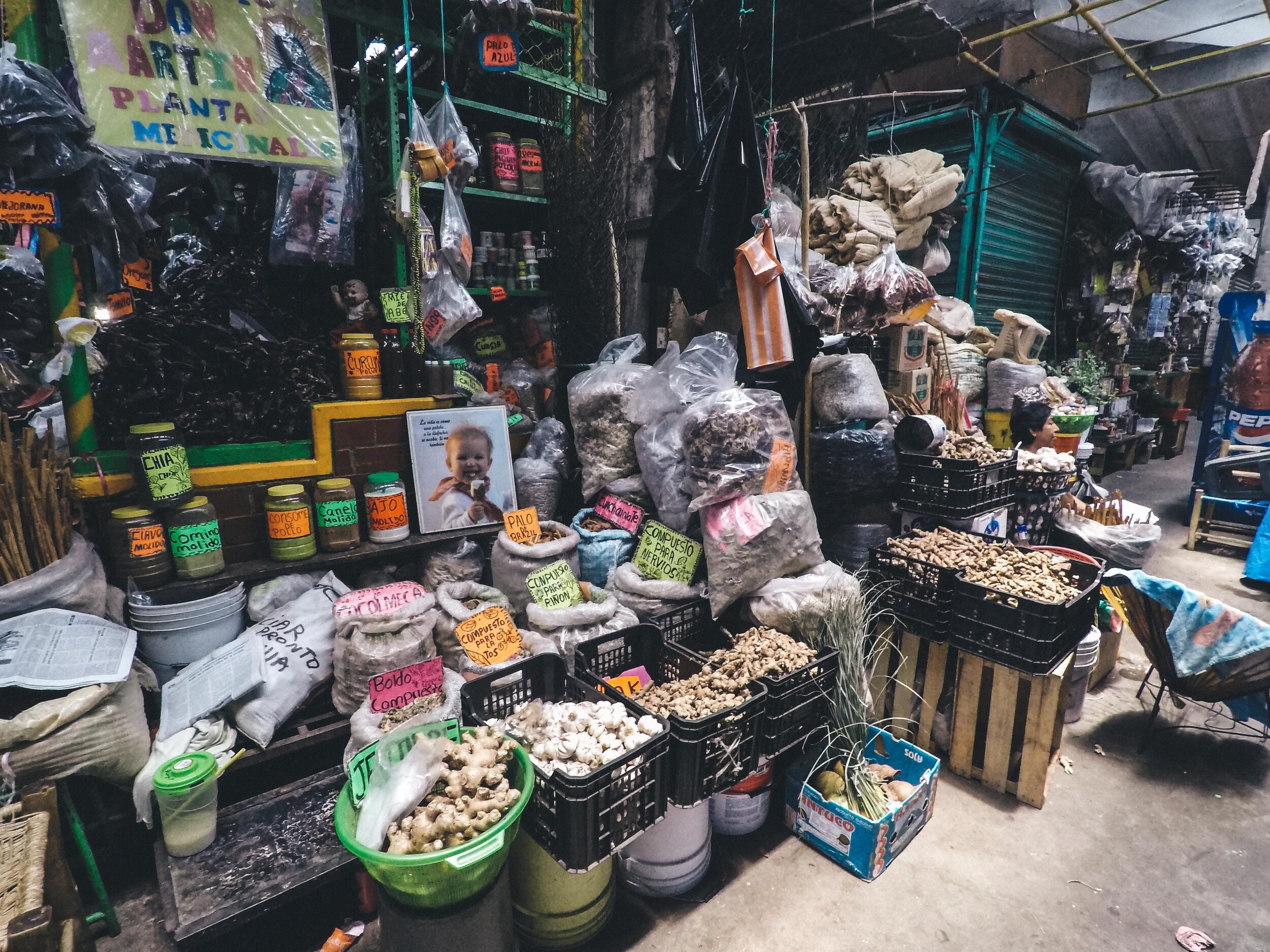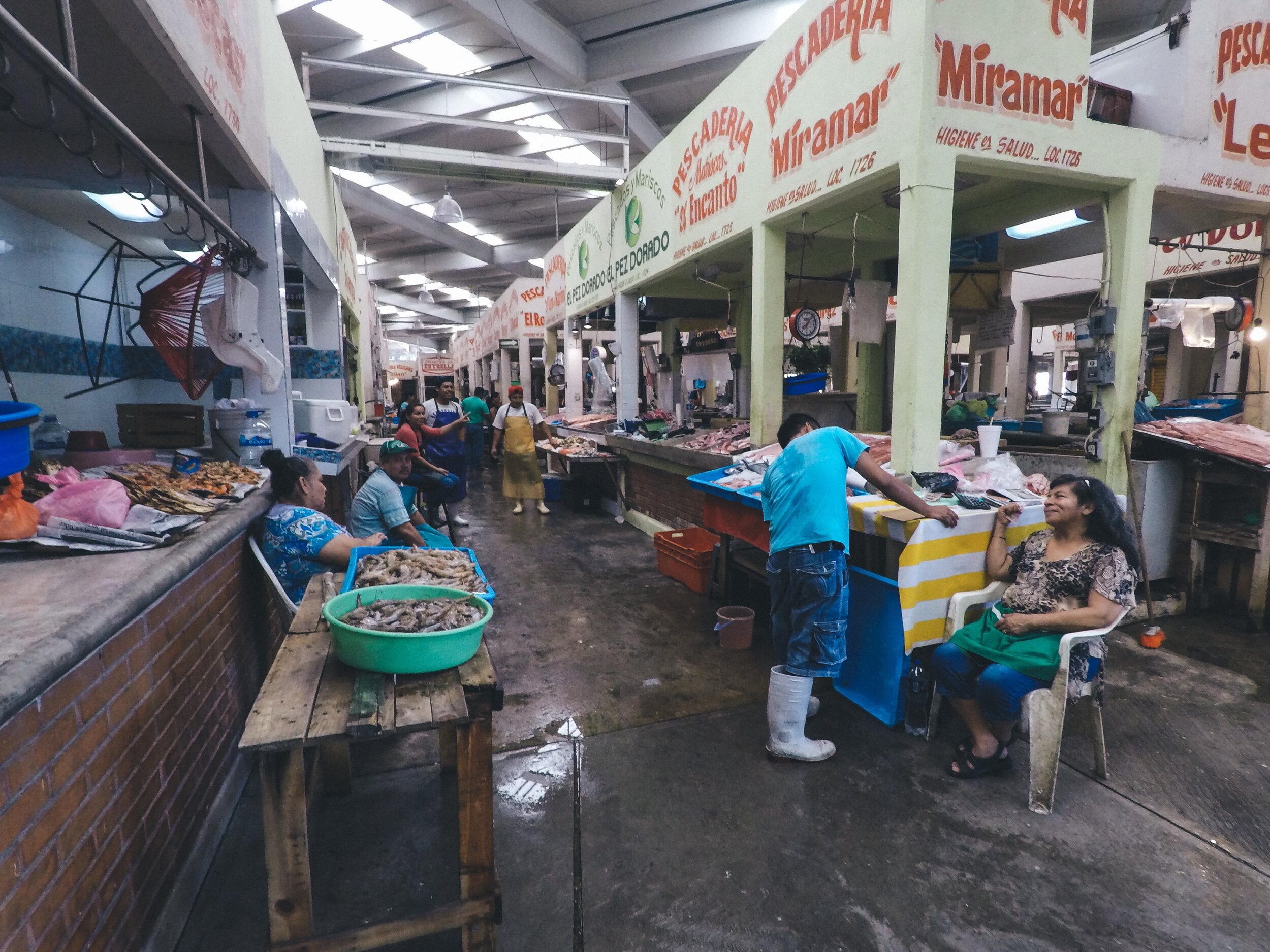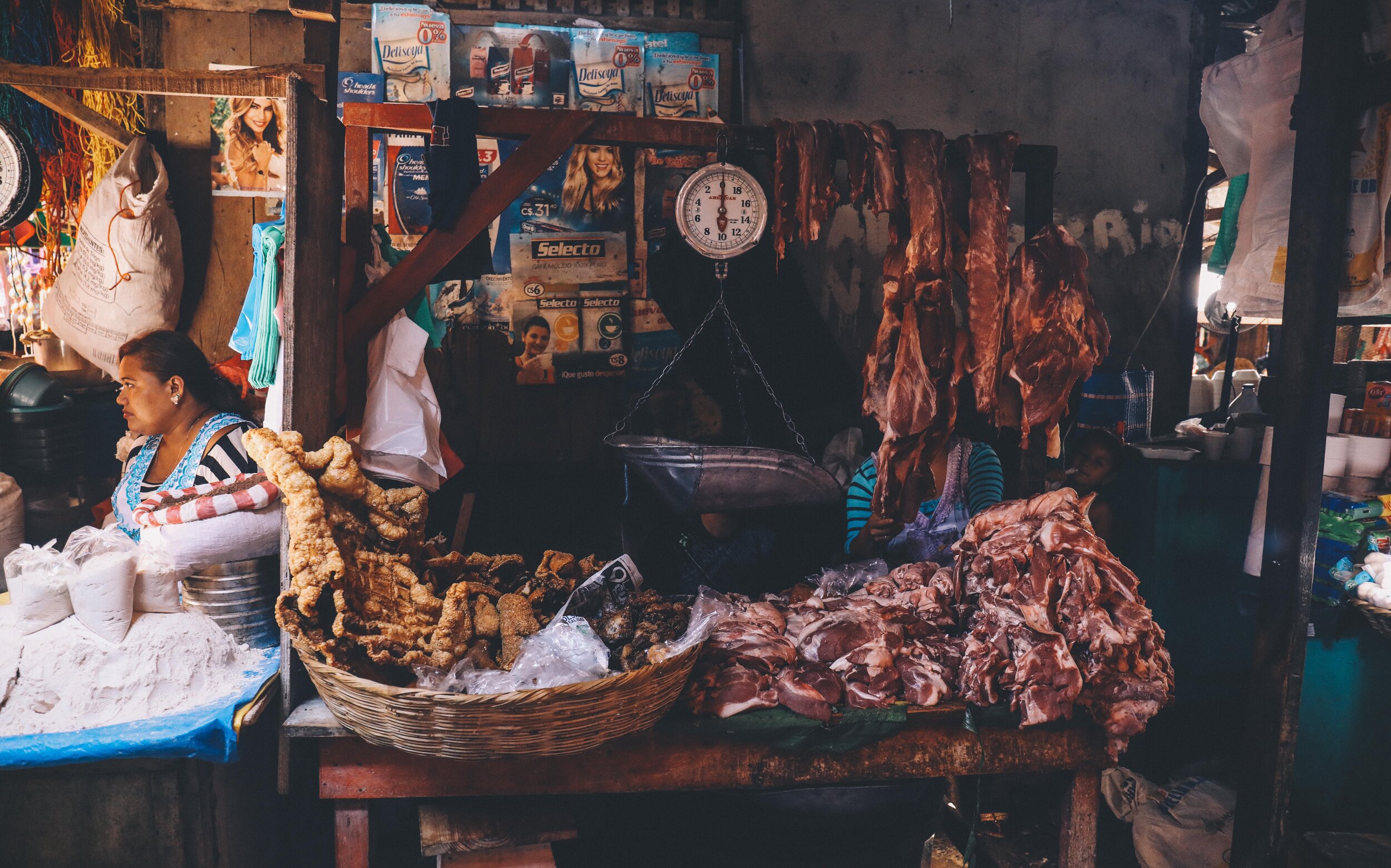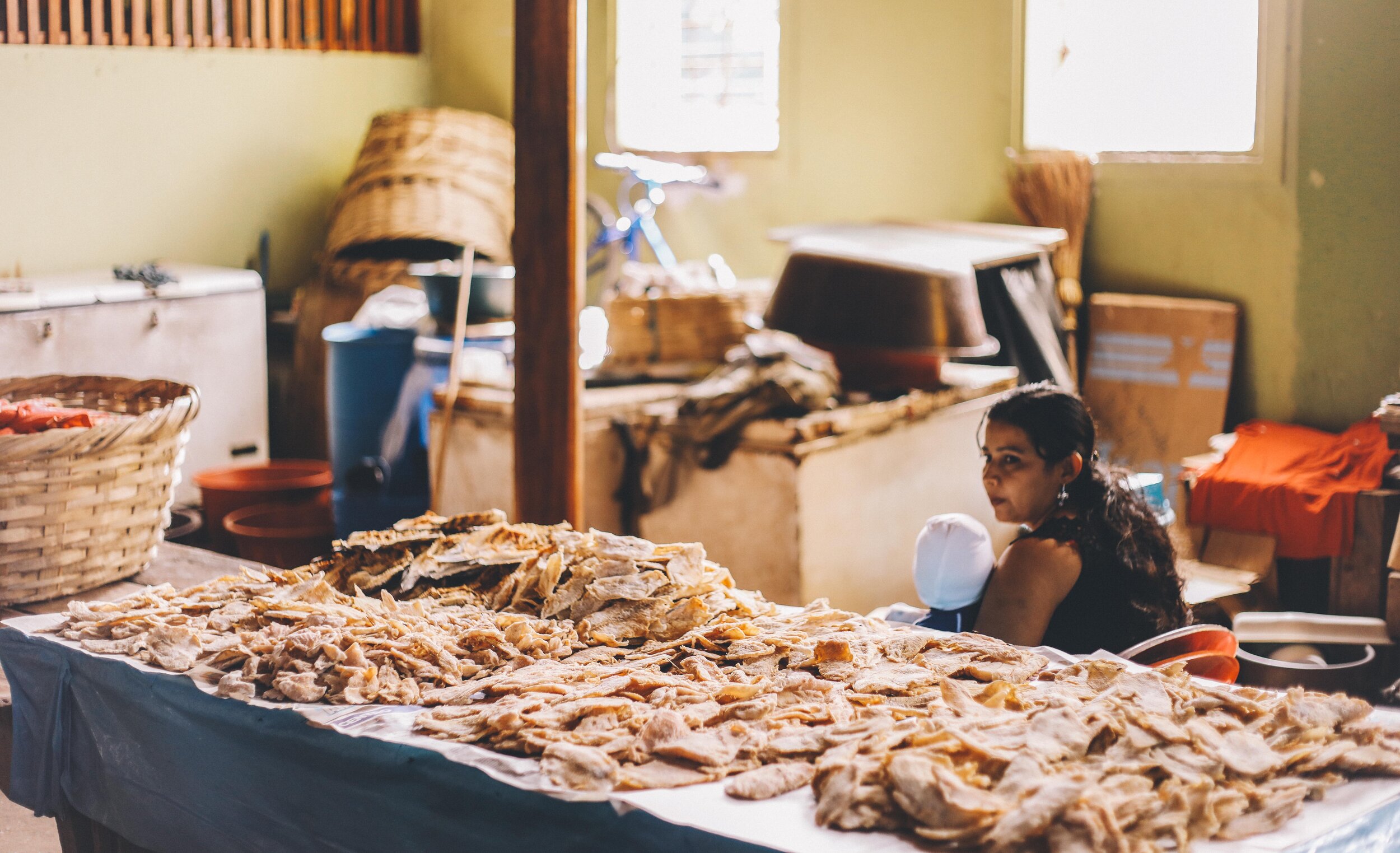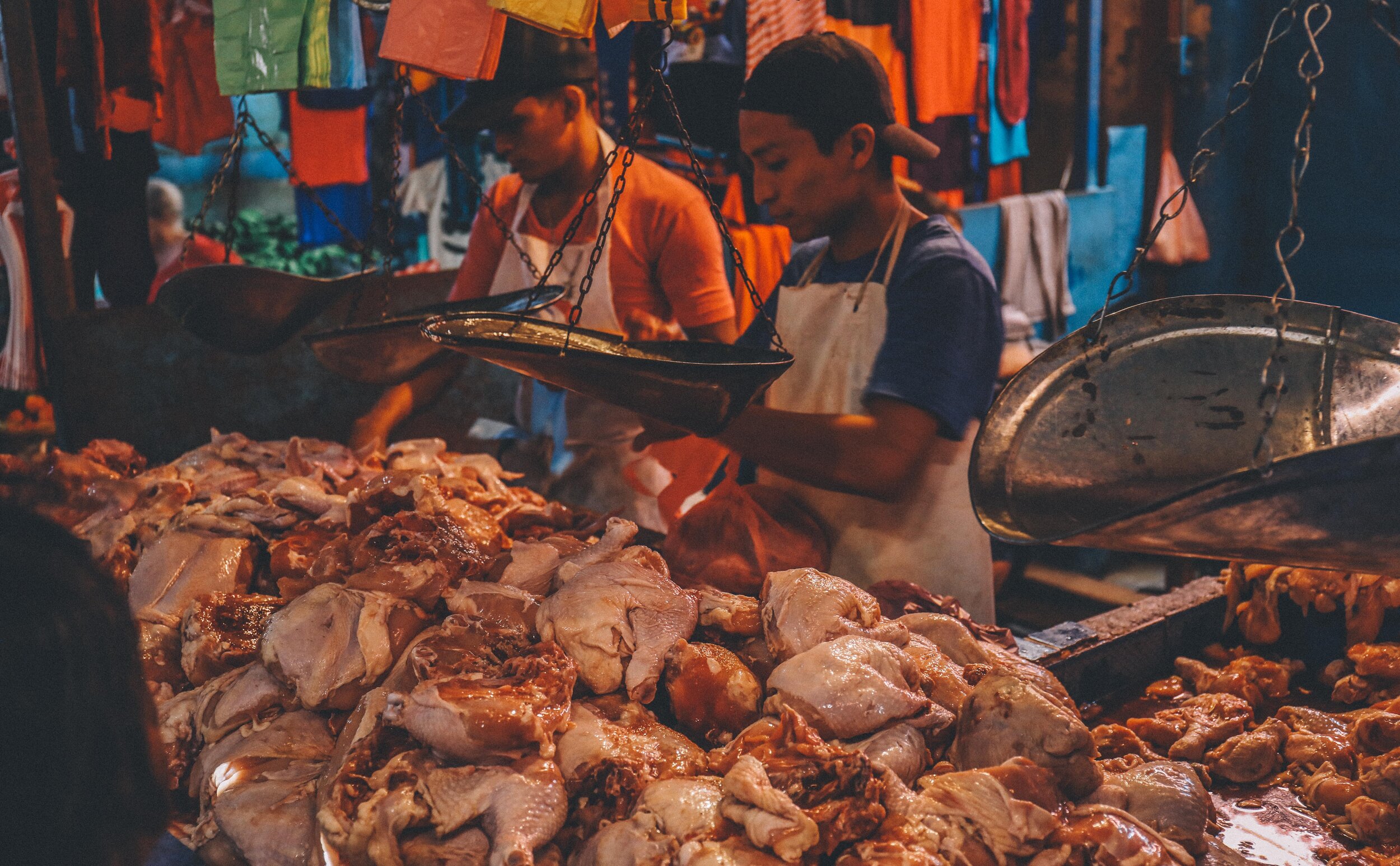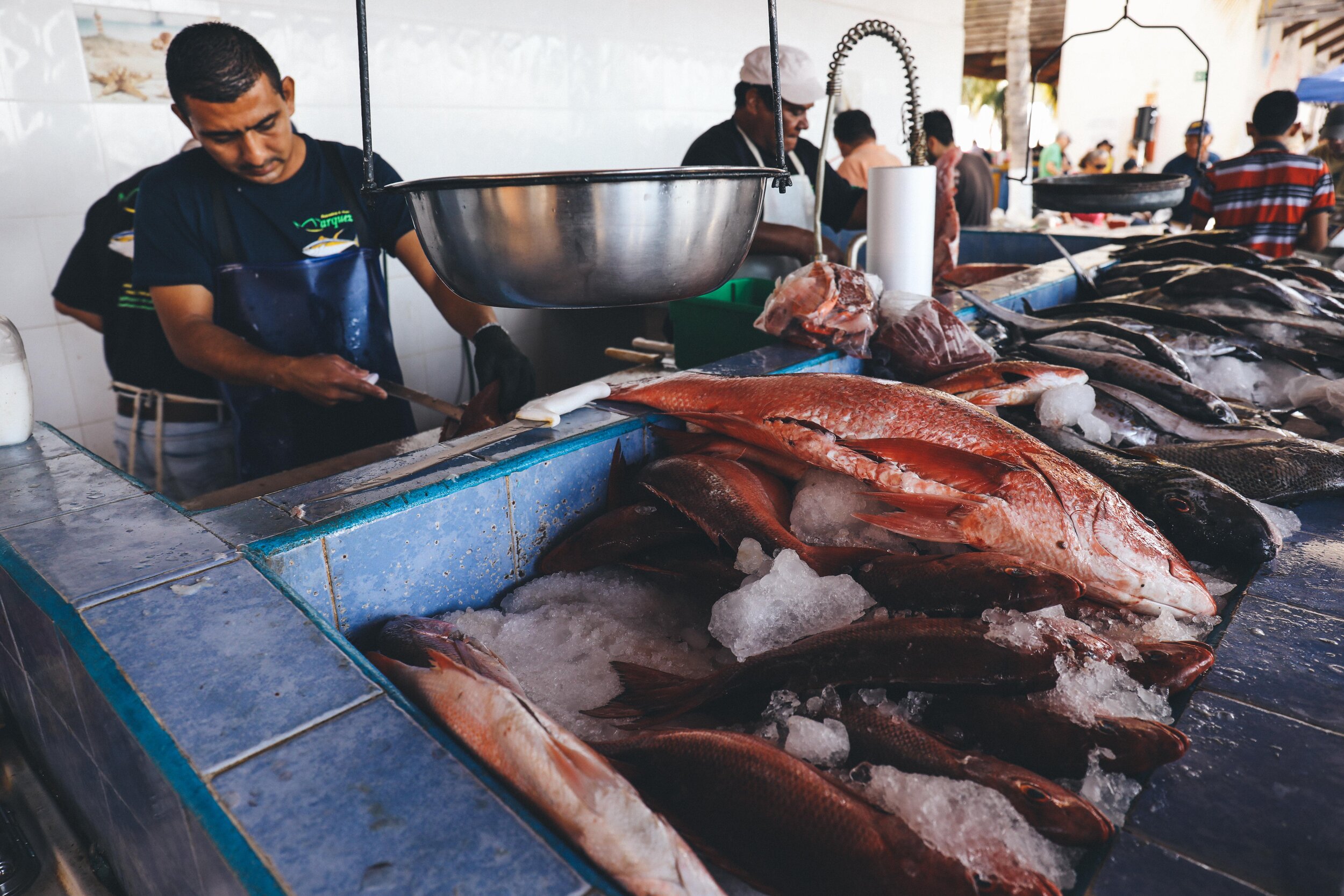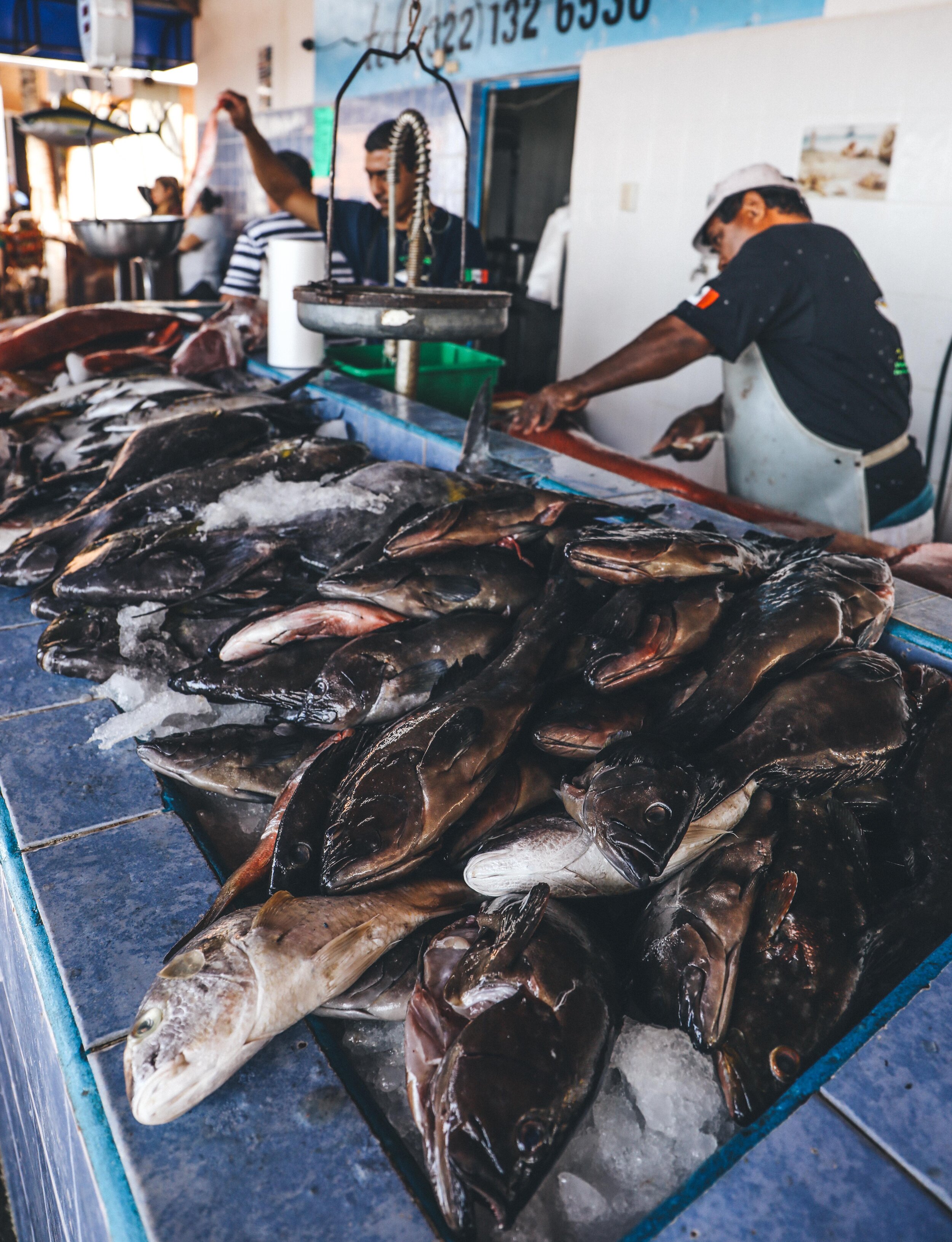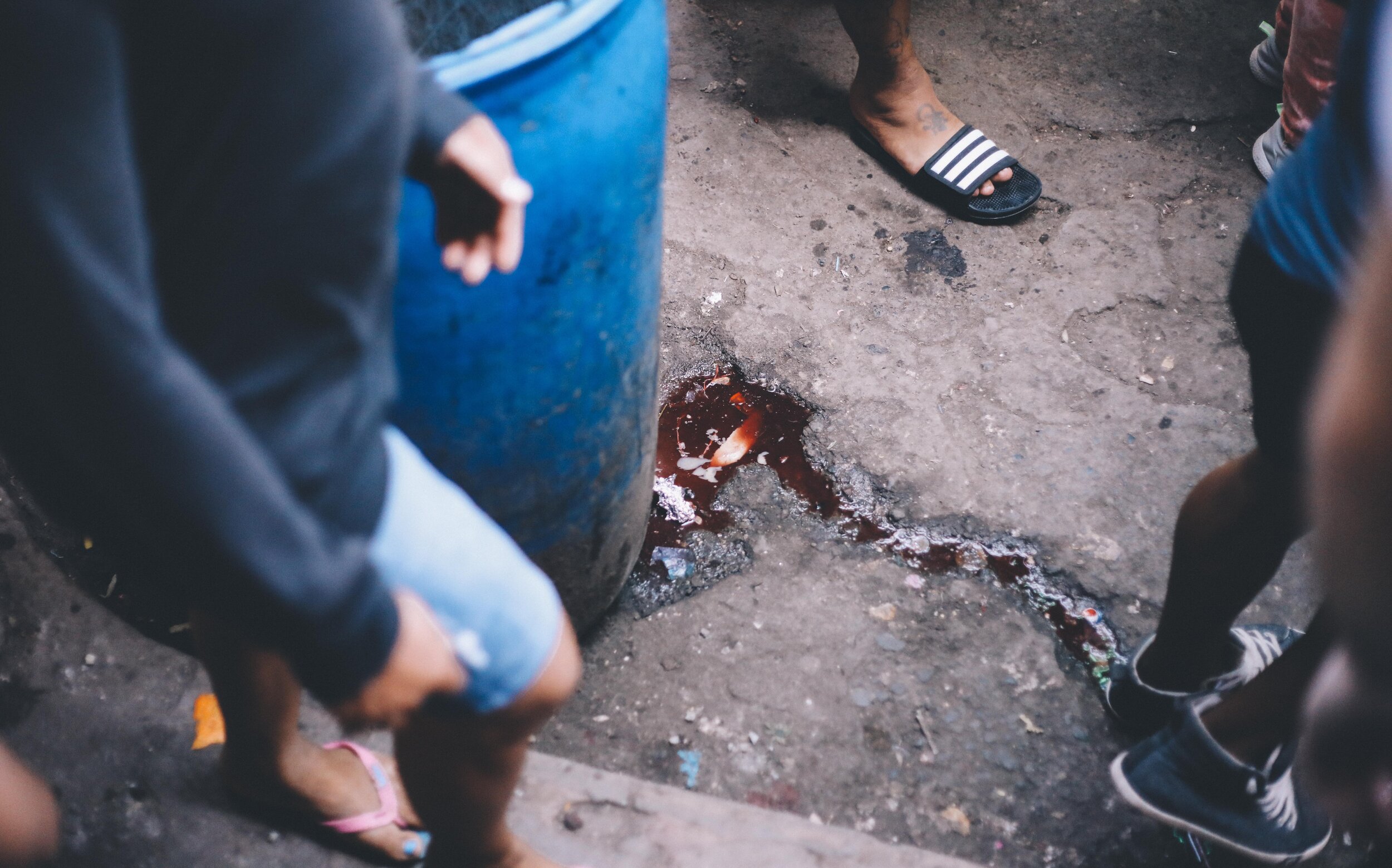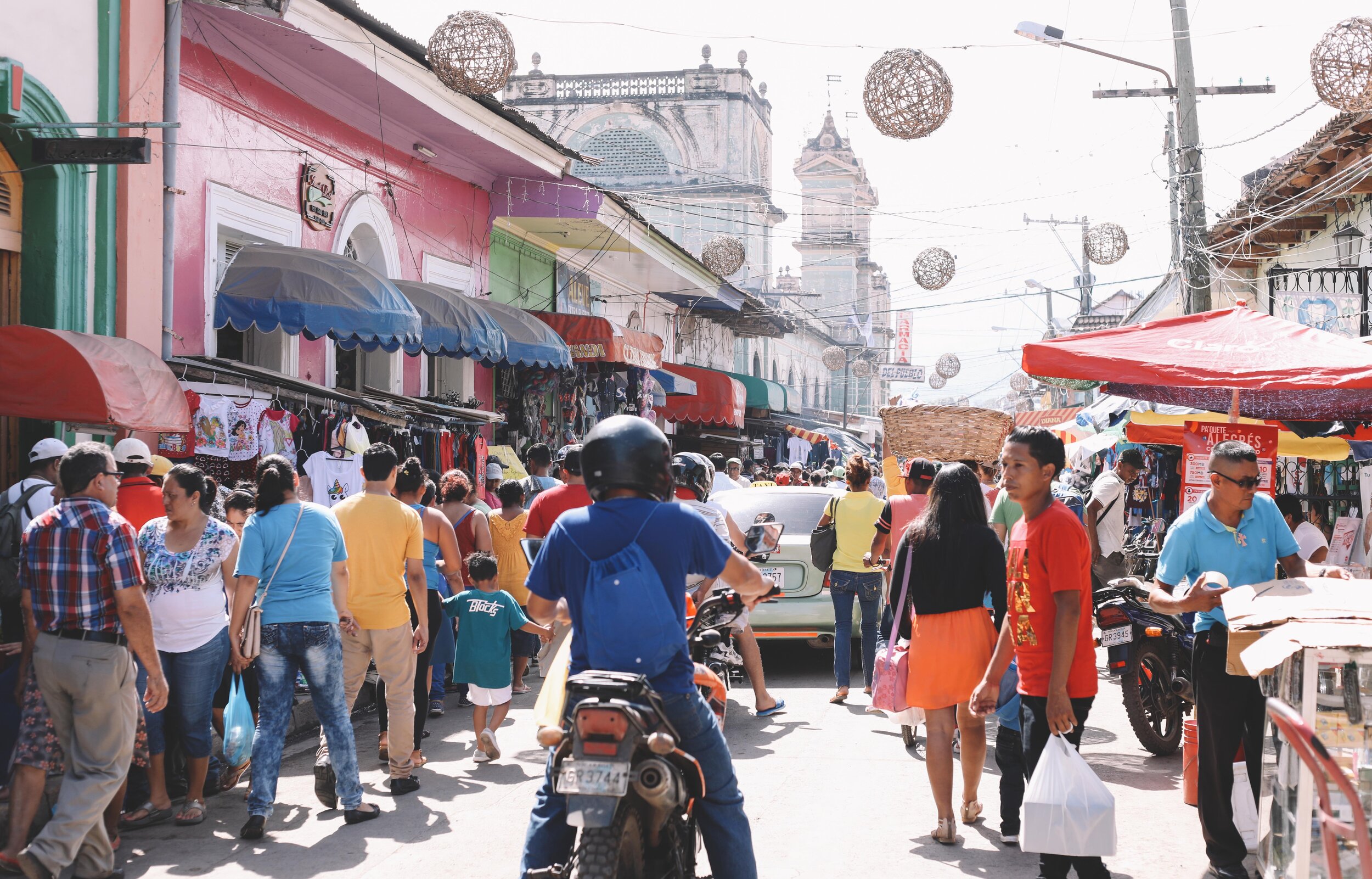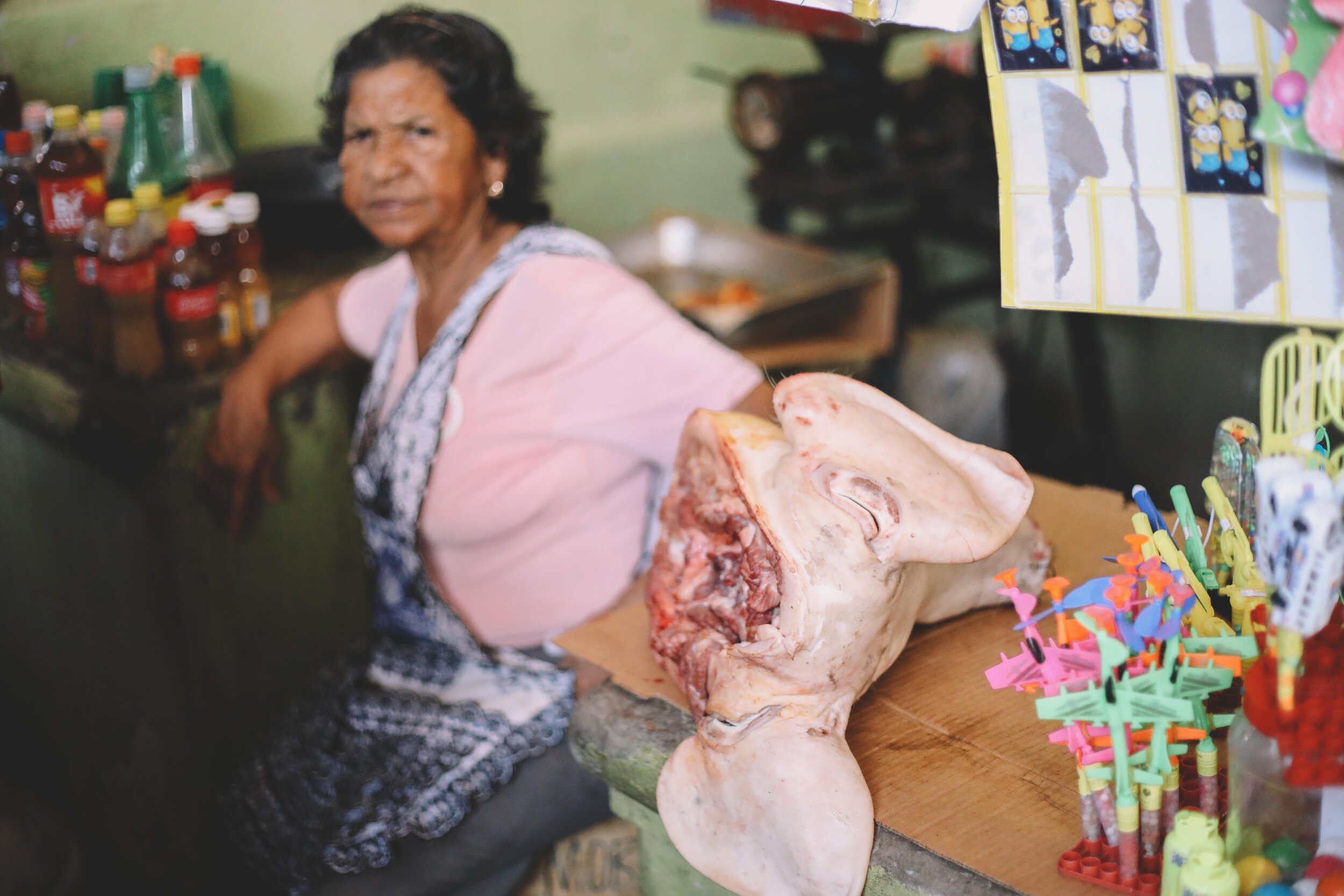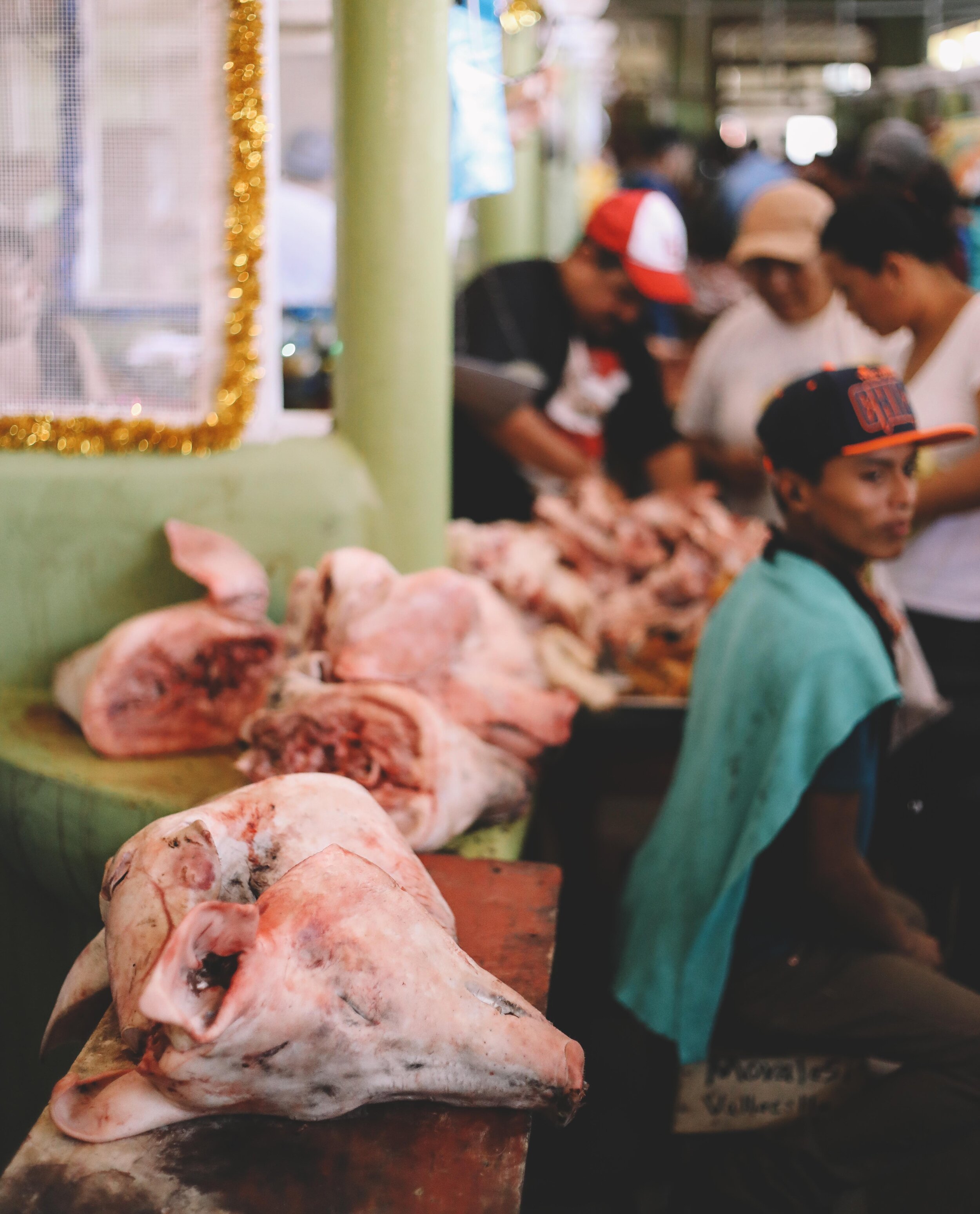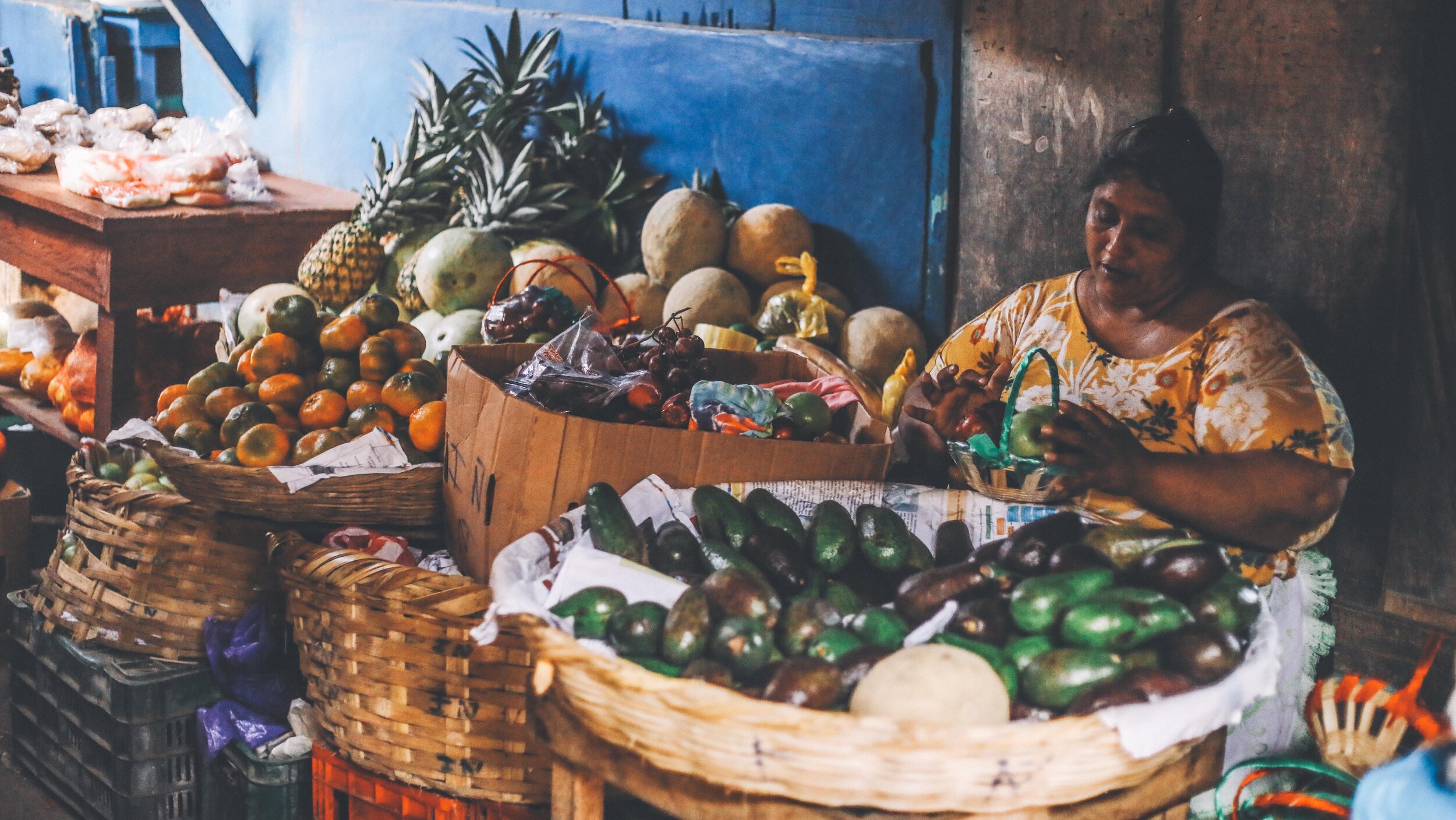A Fluid Life on the Water
Life on Agape is the same as life anywhere else, just sprinkled with a little more adventure and diversity. Cruising is definitely a slower way of living and we try to live by the locals advice, “tranquillo”.
Even though most things take longer while living on a boat, we’ve found that time flies by faster than ever before. We’d spent so much time working, saving and dreaming about cruising full time, but once we were out on the water it felt like the days and weeks just slipped by. We often found ourselves exhausted, feeling unproductive and unaccomplished. We’d spent years looking forward to complete freedom but quickly found that we actually needed and wanted more routine in our lives.
In the beginning we’d stay up late and sleep in, missing the best part of the day. By the time we were up and moving it was far to hot to get anything accomplished, the midday sun and humidity made it miserable to do boat projects, walk around town, hike or work out. We thought we’d spend more time in the water but found the visibility in Mexico and Central America to be pretty terrible, so we didn’t end up doing as much snorkeling or diving as we’d originally planned. So, over the last two seasons we’ve worked on finding healthy routines that ground us as we are constantly on the move, and that also bring us life rather than dictate how our days are spent.
One of the most frequent questions we get is, “What do you guys do all day, don’t you get bored?”.
The one constant in our life is our morning coffee ritual. This used to consist of quickly gulping down scalding hot liquid, hoping the caffeine would kick in before we arrived at work. Now though, it’s an enjoyable and relaxing preface to the day. From the whistle of the tea kettle to the aroma of the grounds as they steep, it’s an experience and routine that we’ve come to enjoy each morning. Of the first three years of our marriage we saw each other less than a year of that time, so waking up together and sharing a cup of coffee while watching the sunrise and the swell roll by is a gift we’ll never take for granted.
We both seem to feel the most motivated and creative in the morning, so we usually try to do some writing or video editing, other days we’ll read, practice yoga for an hour, paddle board or surf. As we all know, the swell is not constant and surfing isn’t always on the docket, but don’t think that will keep us from feeling the cool embrace of the Pacific. If the coffee hasn’t completely woken us up, we will usually take a quick swim off the boat. This is an advantage of spending more time at anchor than tied up to a dock in the marina, we can go from our bed to the water in less than 15 steps! Whether we go for a long workout swim, scuba dive, snorkel or just float next to the boat for a quick reprieve from the heat, rarely a day goes by that we do not take a plunge.
Another common question we get is about food, “What do we eat and how do we provision?”.
We try to eat a mostly vegetarian/pescatarian diet onboard as this makes the most sense for us because we can catch our own protein in a environmentally friendly and sustainable way. We prefer to know where our food comes from, and if possible we try to source it ourselves. We are trying to become full-time vegetarians as we’ve learned more about the cost of eating animals. Here is some information we recently learned and that you may not know:
About 50% of the entire land surface of earth is actively in use right now either growing feed crops or grazing livestock. (26 percent of the earth's terrestrial surface is used for livestock grazing and one-third of the planet's arable land is occupied by livestock feed crop cultivation.) That land footprint comes at the expense of all the previous biodiversity that once occupied that space.
In the last 40 years we’ve wiped out half of the wild animals living on earth, including insects and fish, all because the demand for meat and fish is growing exponentially faster than the earth’s population.
The consumption of animal products and the means it is produced and captured, is by far the most destructive industry on earth. It’s a major source of green house gasses, producing more than all forms of transportation combined and it’s the world’s biggest user of fresh water and by far the biggest polluter of fresh water.
We highly recommend watching The Game Changers movie now on Netflix, and listening to Rich Roll’s podcast “Can A Burger Help Save The Planet?”. They both present a lot of good information that is counter to most of the marketing we’ve been exposed to for most of our lives.
We are not totally against eating meat and we fully support our friends and family that raise livestock for a living. We occasionally eat beef, chicken and pork and feel that eating meat can be done in a sustainable way. We just advocate that you learn where your food comes from and that you make the healthiest choices for your body and the planet.
Both of us are unable to process legumes (beans, lentils, peanuts, soy products) after several years of taking harsh antibiotics to kill off parasites we’ve contracted while traveling, although it seems to be getting easier now that we have been making our own kombucha and yogurt onboard to help restore our gut flora. As we are unable to process most legumes, it’s hard for us to get enough protein in our diet so we substitute with eggs, homemade yogurt and fish we catch. We actually love this part of living on the ocean and how we rely on the sea. We find that food seems to taste better when you have caught and prepared it yourself, and it also gives you a personal connection to the sea and the food you consume. When you hunt and prepare our own meal, the ocean is no longer an inanimate body of water, but a three dimensional, life giving being that provides for you and your family. It is something to be cherished and protected. We respect it and the lives of the animals we hunt. We most often prefer to spearfish as we can see for ourselves the health of the reef or environment, and we can individually select the fish we want. When conditions are poor for diving we’ll sometimes troll behind the dingy or Agape while underway.
We try to provision (basically stocking the boat with dried/canned goods) the boat the best we can at the beginning of the season when we are at a dock in a marina and can rent a car. We load up anywhere from six months to a year supply of goods, as it makes grocery shopping throughout the season a lot easier. Since we don’t have a car and we are mostly at anchor, we have to carry all the goods we buy from the store, down the beach, across the hot sand and load it into our dinghy, where we sometimes have to bash through the surf to get back to the boat. Sometimes we look like pros and make it out dry and smiling, other times we, well… are not so dry! So buying less and lightweight things is best, and in order to do that we try to get all the heavy, nonperishable items at the beginning of the season.
Here, up a river in Nicaragua, we had to lower groceries off a bridge and into the dinghy.
Costa Rica beach landings.
When we inevitably need to buy things, we try and accomplish all of our provisioning (grocery shopping) before it gets too hot. Just like back at home, we usually have two options, big stores or small markets, and we love the markets!!!! Here again the tranquillo life style is key! Agape’s crew makes shopping a cultural experience, we practice our Spanish and completely immerse ourselves in the environment. This is not only where we get our fruits and vegetables, but it is also a chance to interact with the local community.
Laundry, cooking and dishes always take longer since we don’t have any of the handy machines to do the work for us. Everything is done by hand, which is fine since we have the time. Sometimes doing the laundry can take up the entire afternoon, and cooking a homemade meal from scratch can take hours. We are learning to enjoy these tasks rather than get frustrated that they take so much longer than they used to when we lived on land. We are not as busy as we once were, but it is still hard to break the feeling that we have to do everything as quickly and efficiently as possible. The last two years of cruising has really taught us to do life differently, to slow down and appreciate the little moments.
Life is always an adventure and we are always on the move. Agape sees more use in a week than most boats see in a year, so we try to keep Agape in good working order and ready to move. Although after being in one spot for a week she does start to look more like a floating apartment than a working and active sailboat, especially if we have the sunshades up keeping us cool and the laundry hanging up on the life lines.
Agape bashing into the wind and waves. We quickly learn how well we stowed everything, anything not stowed properly is usually launched across the cabin.
We have got pretty good at getting Agape ready to move, and Rachel and I have each taken on different roles. I do the outside and she takes care of the inside. We have to stow the dive/snorkeling gear and whatever other toys we have used, roll up the sunshades, check the engine oil and remove the sail covers. None of this is “hard” work but when it is 85* out, it’s hot and sweaty work!! Finally, I do a lap around the outside of the boat to make sure that nothing is left out, then it’s time to start up the 35 year old diesel engine to help us pull the anchor up and drive us out of the anchorage. Once we are moving the sails go up and with any luck the engine will get turned off. We are now gliding along silently, powered only by the wind and tides, moving towards another place that we have only ever read about in the guidebooks, looking forward to what new sights and experiences lay just over the horizon.



